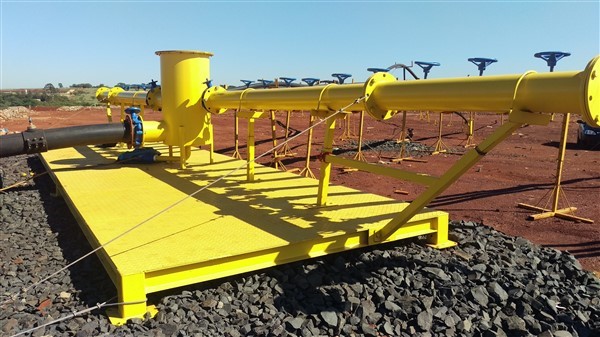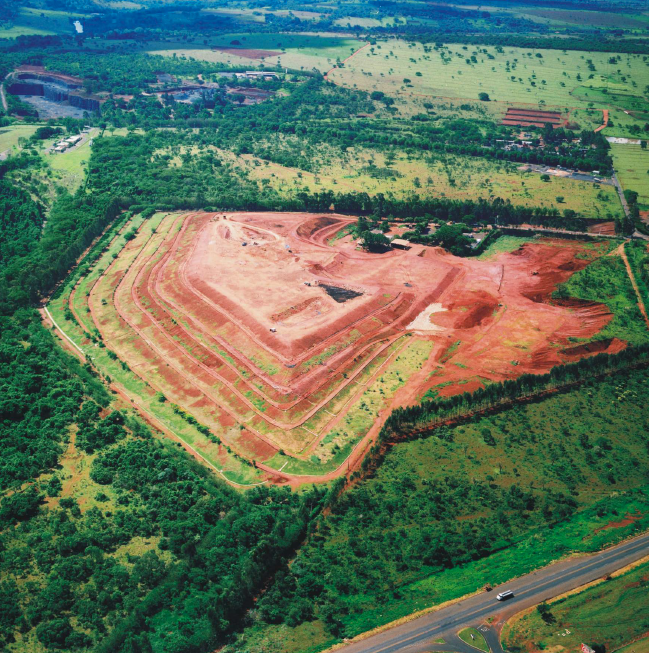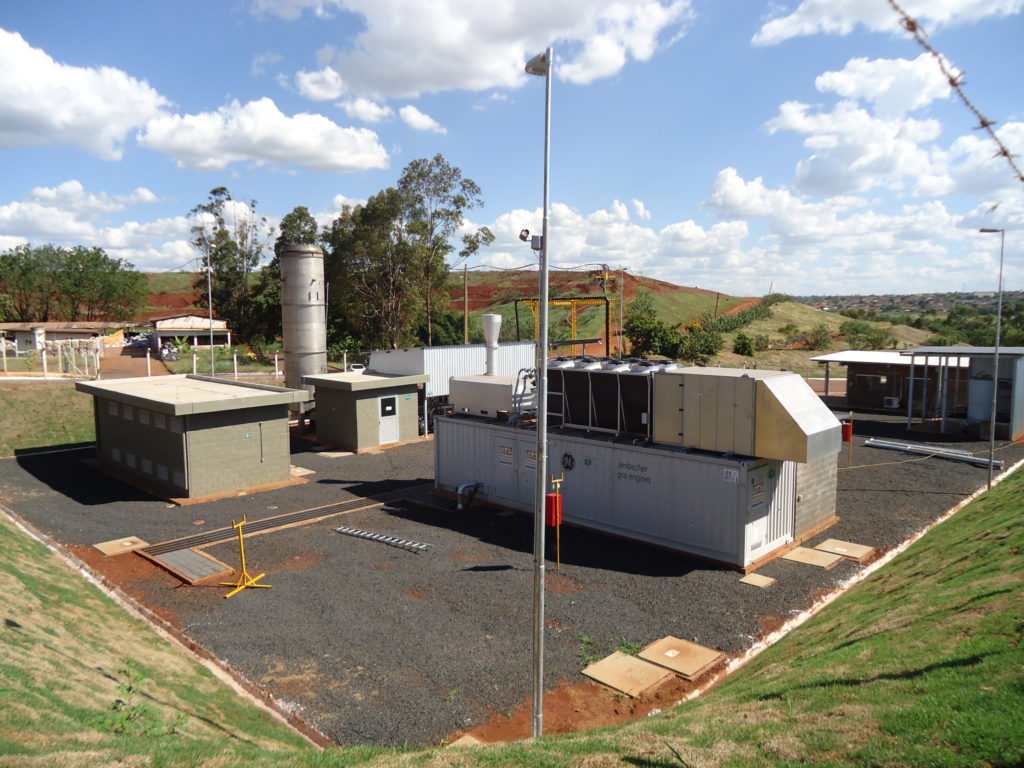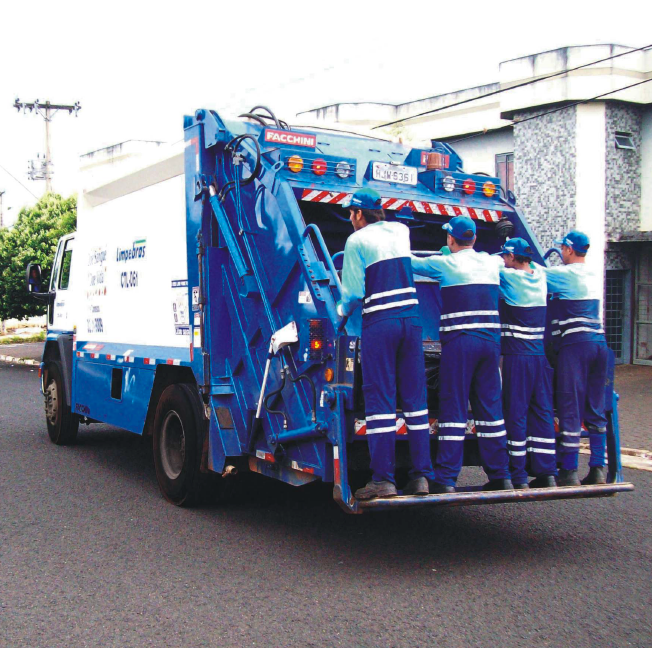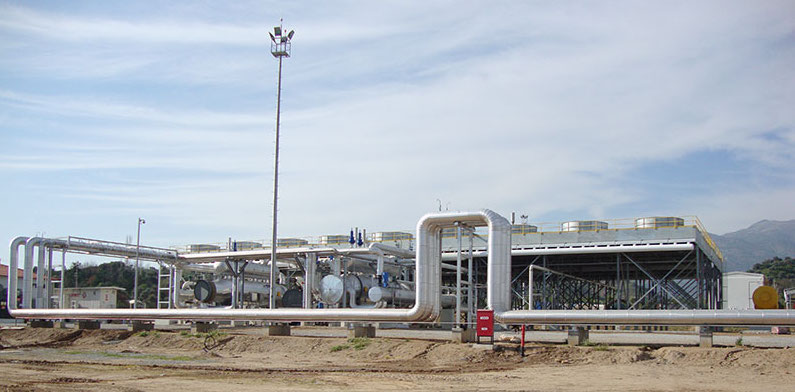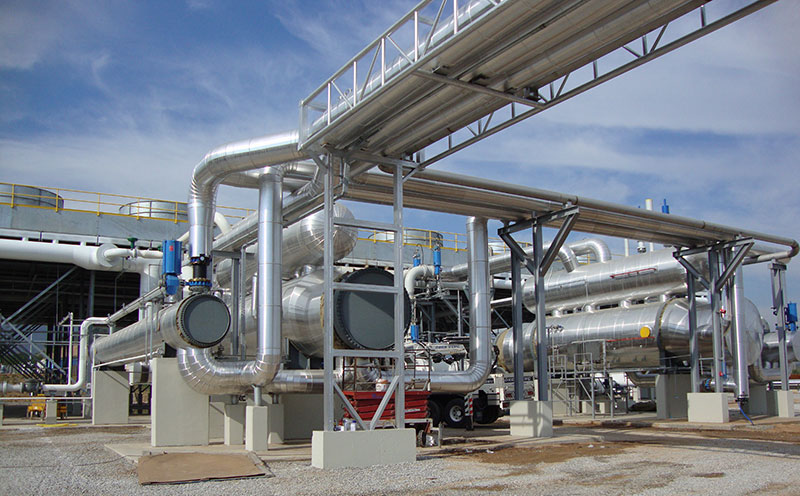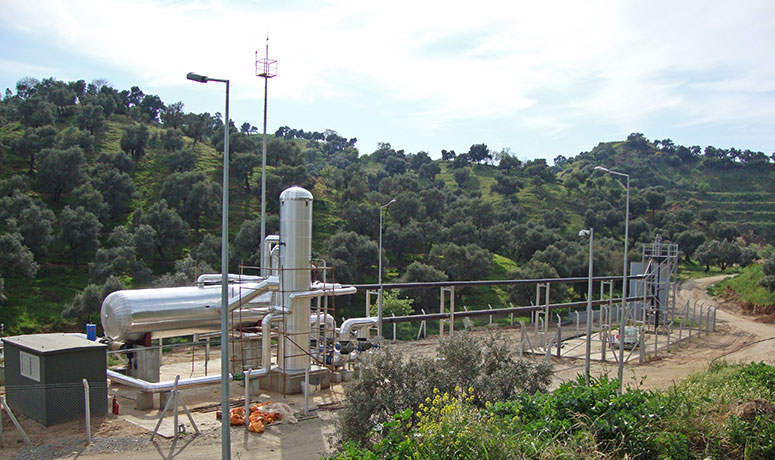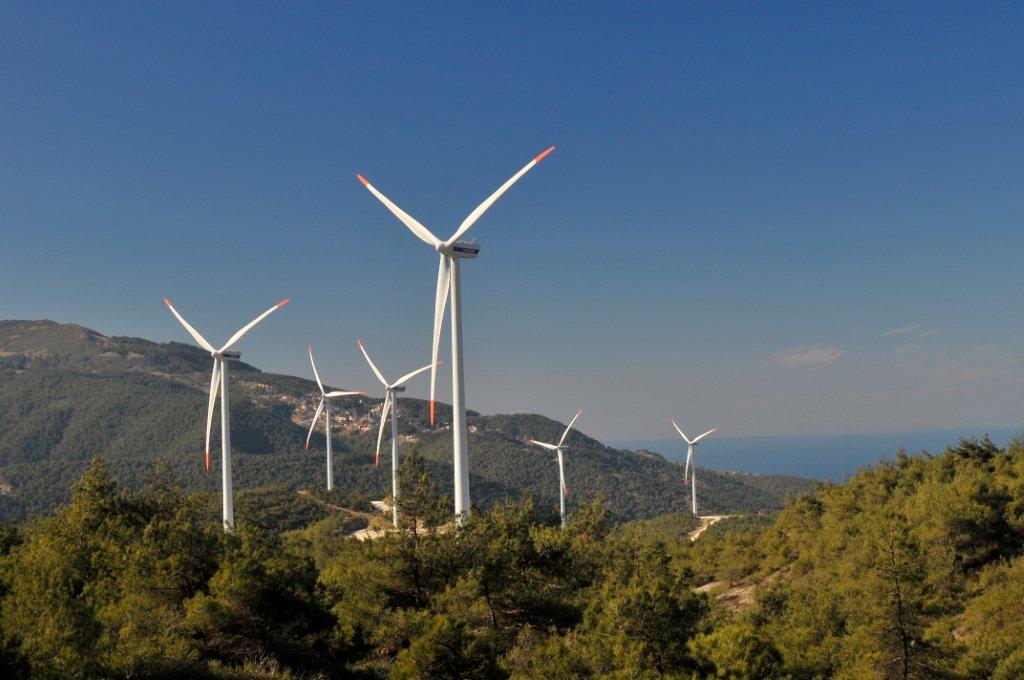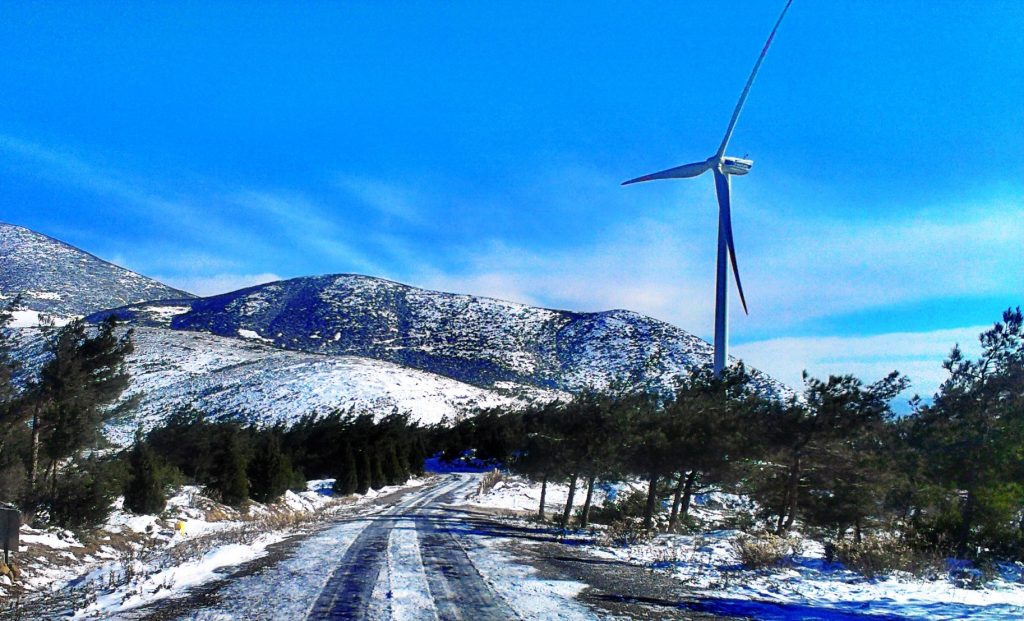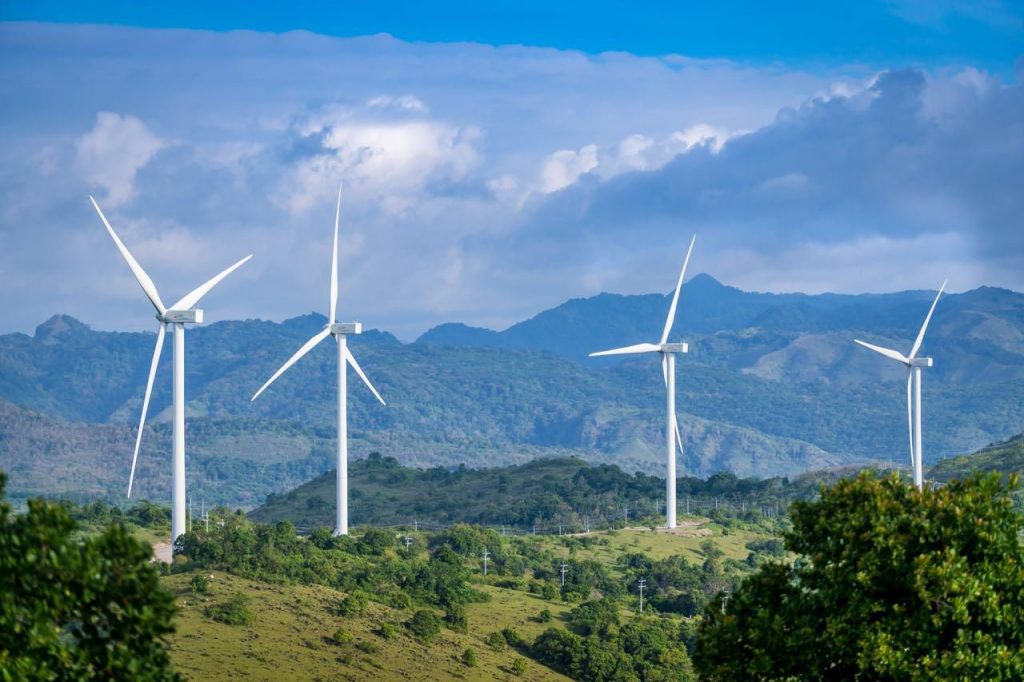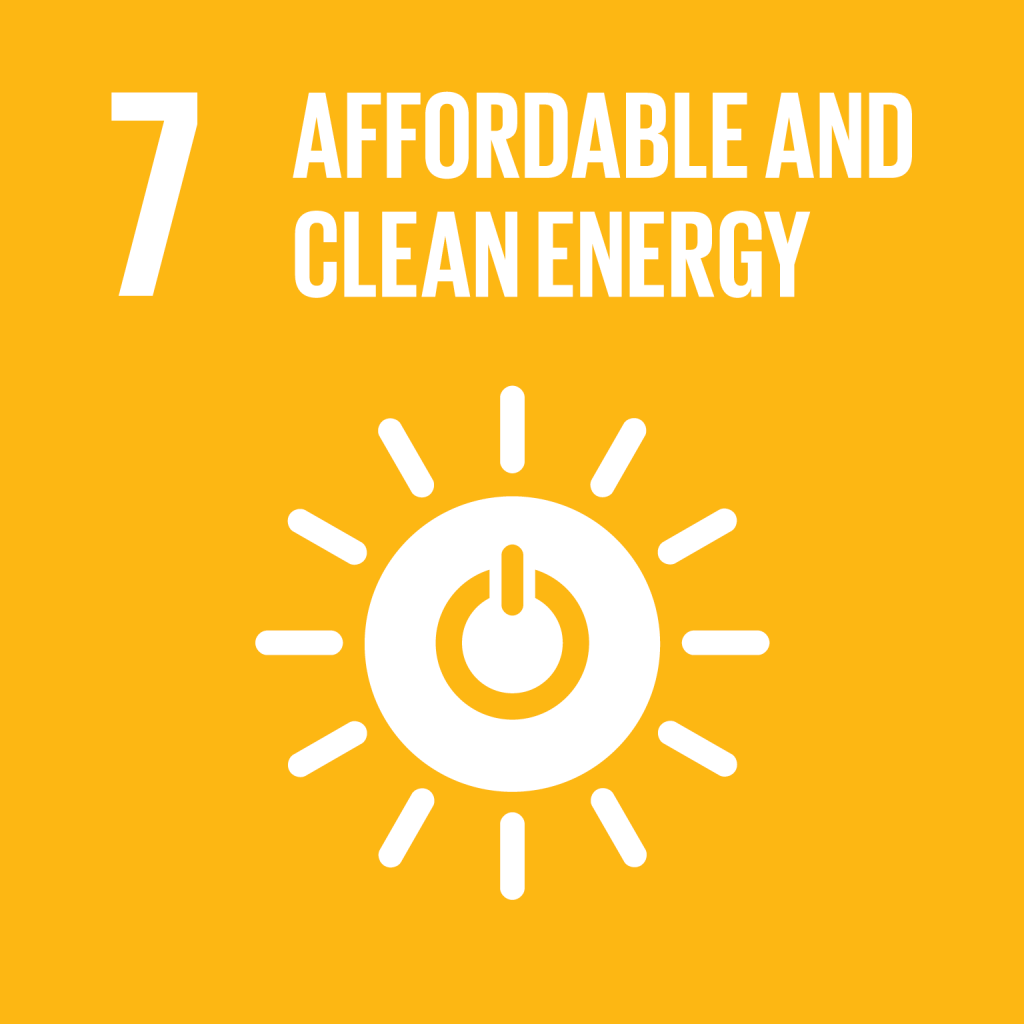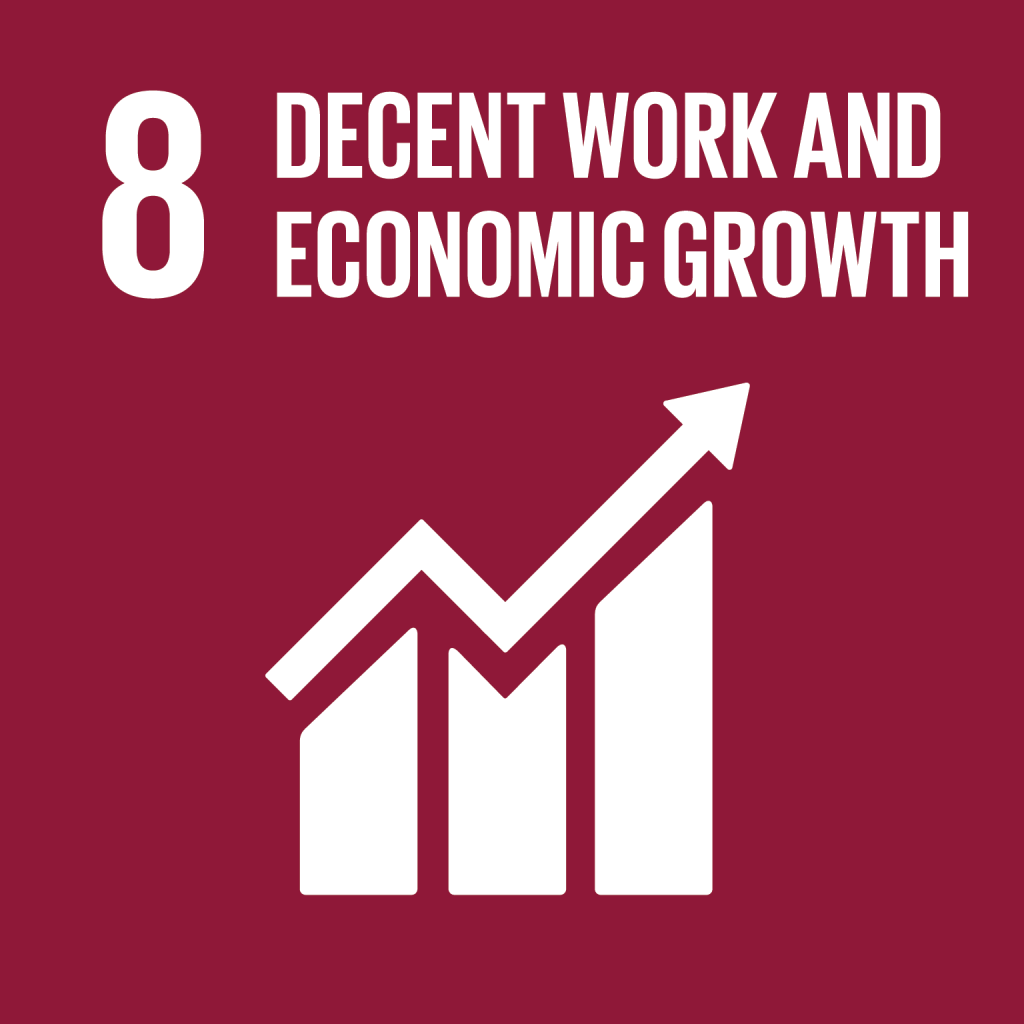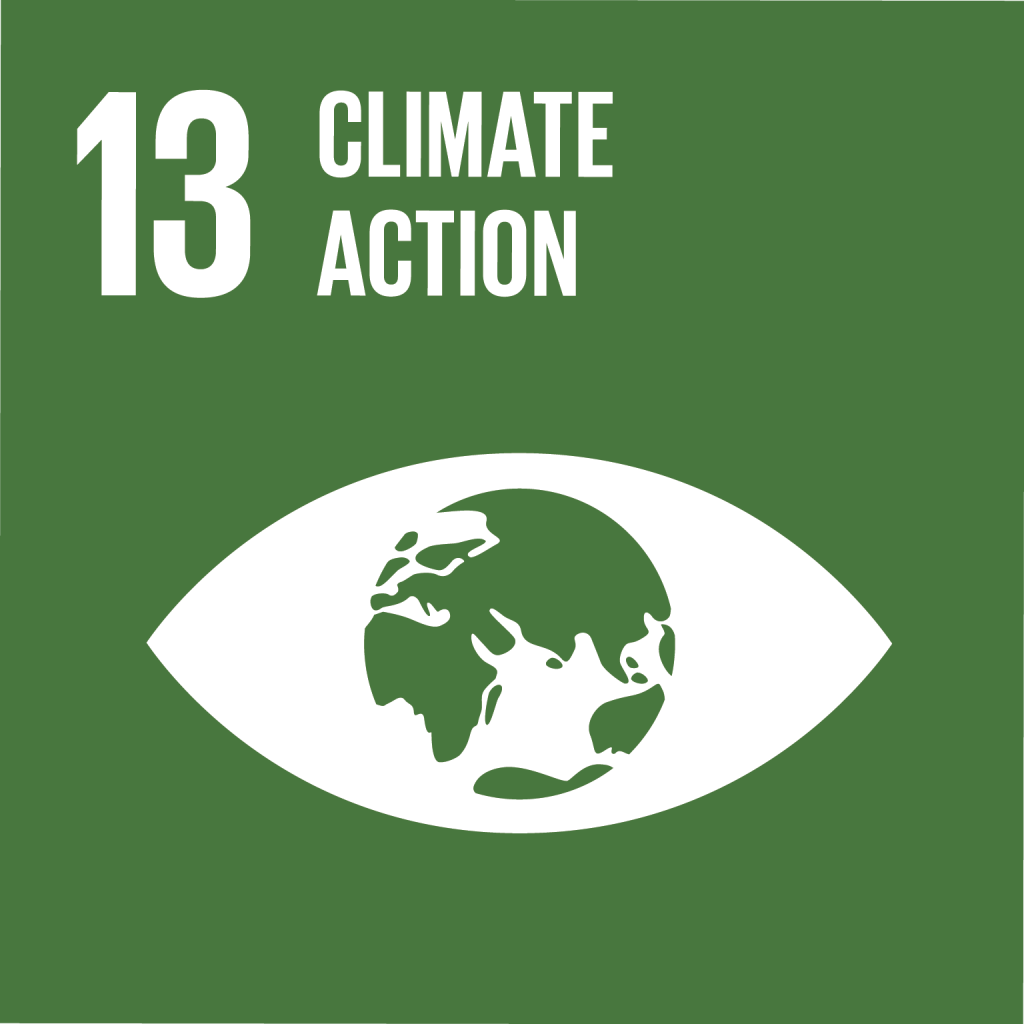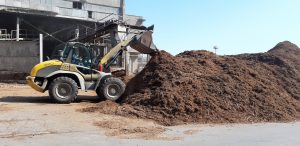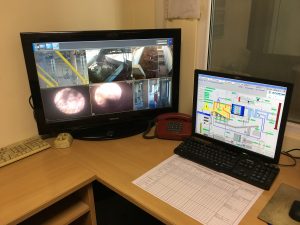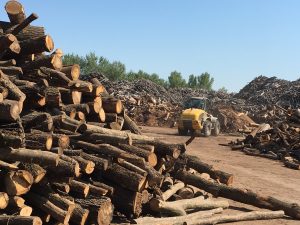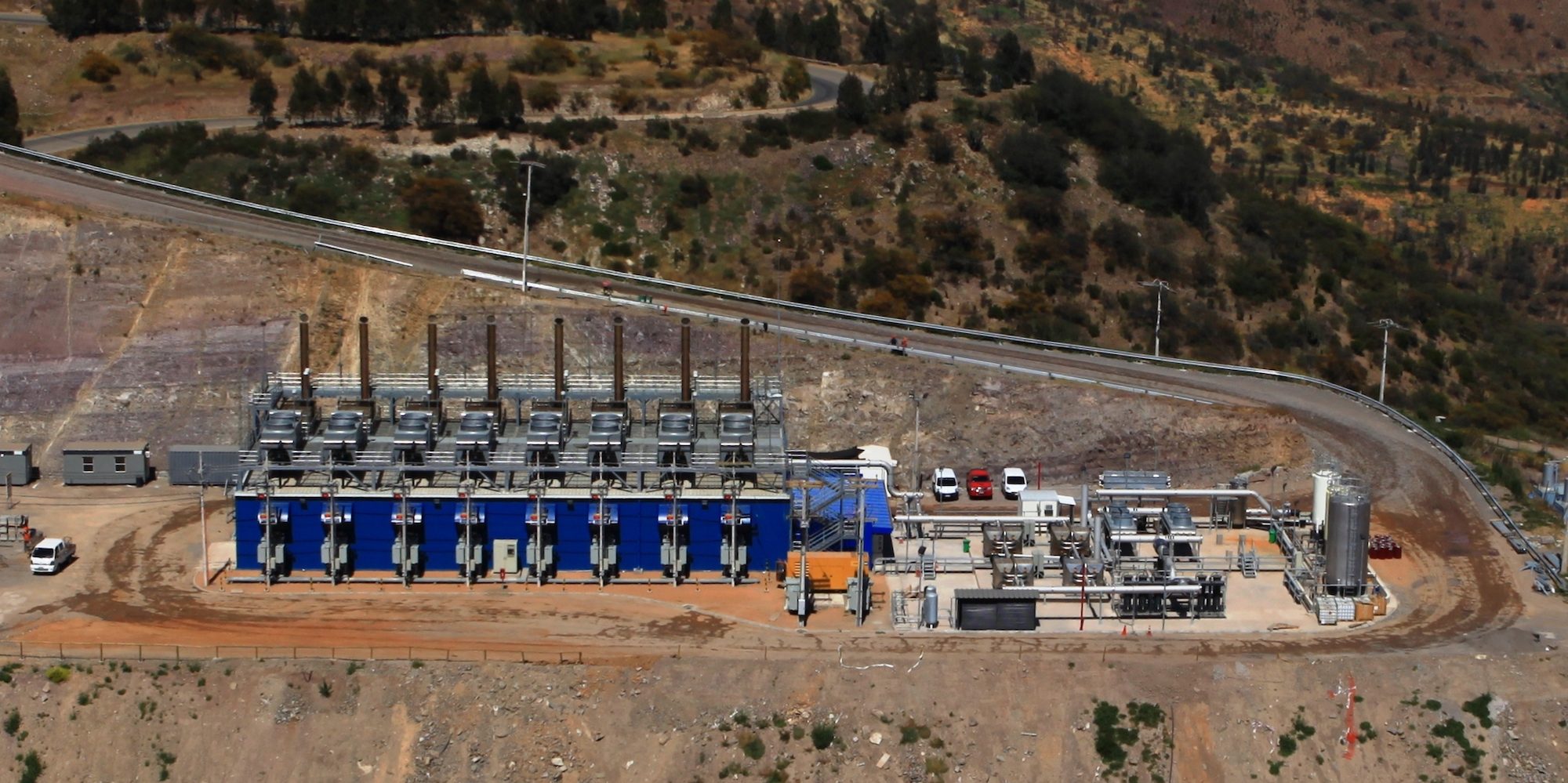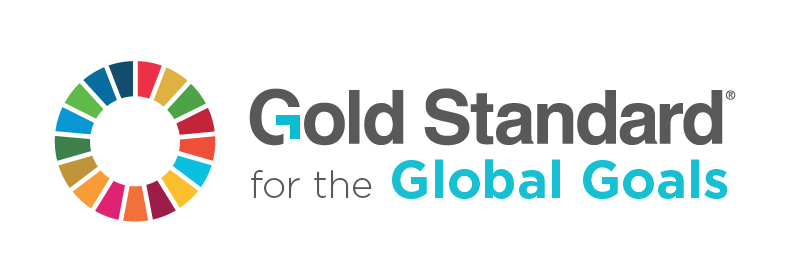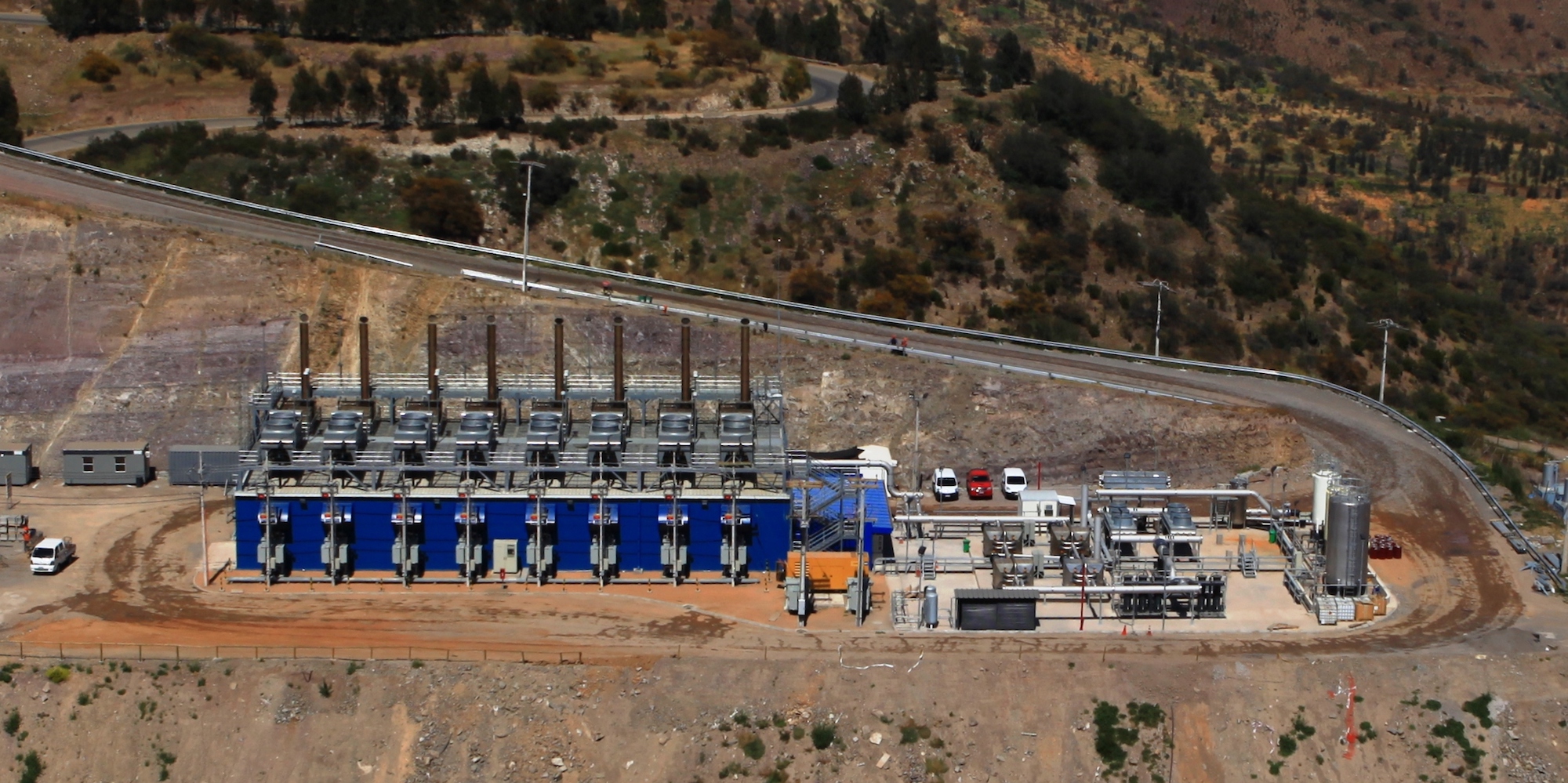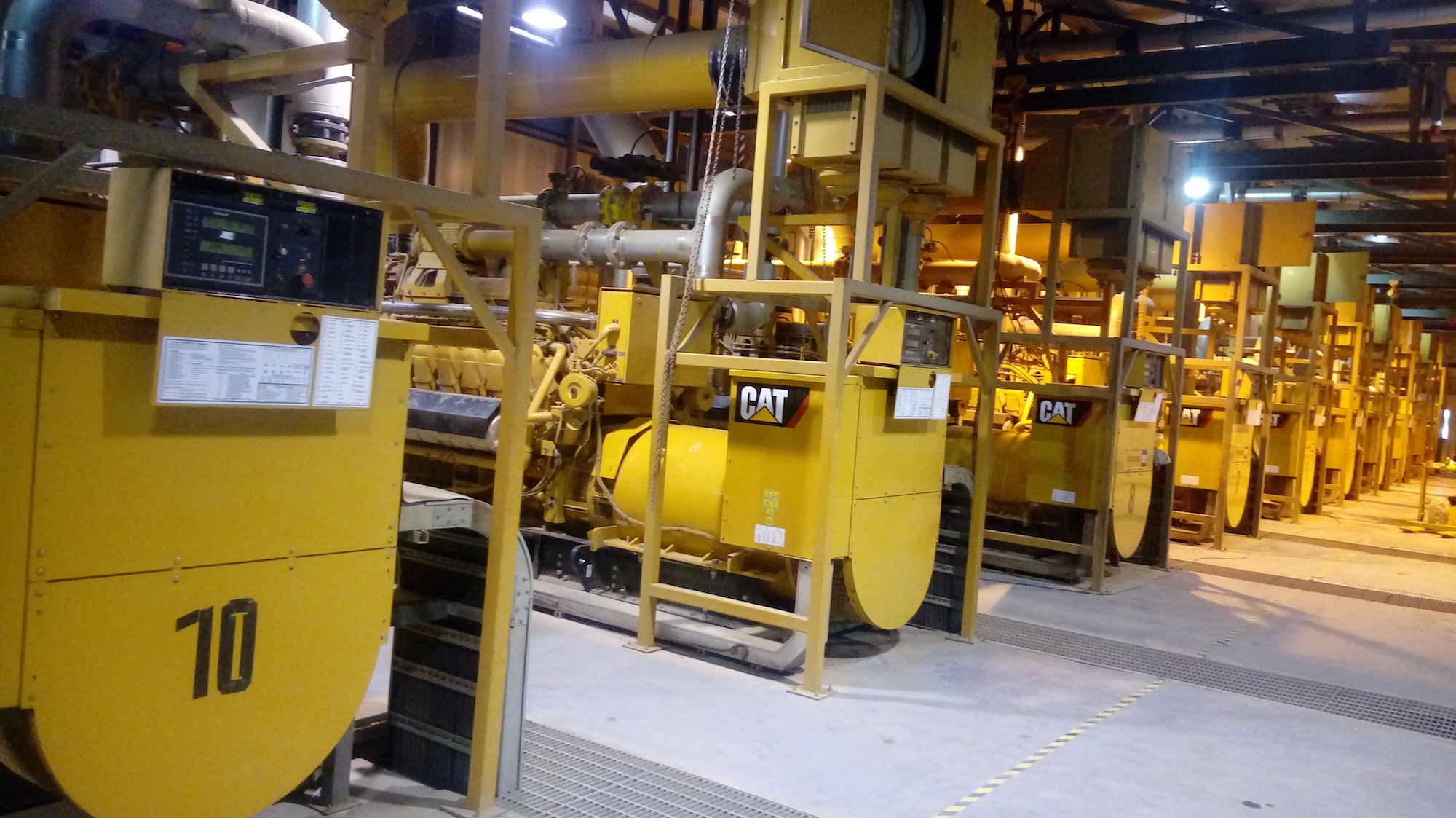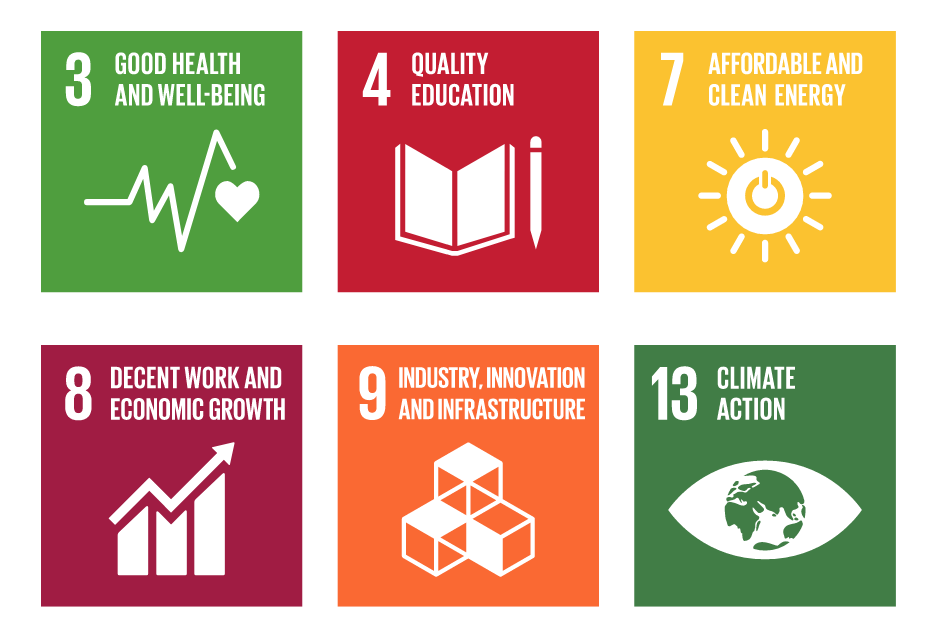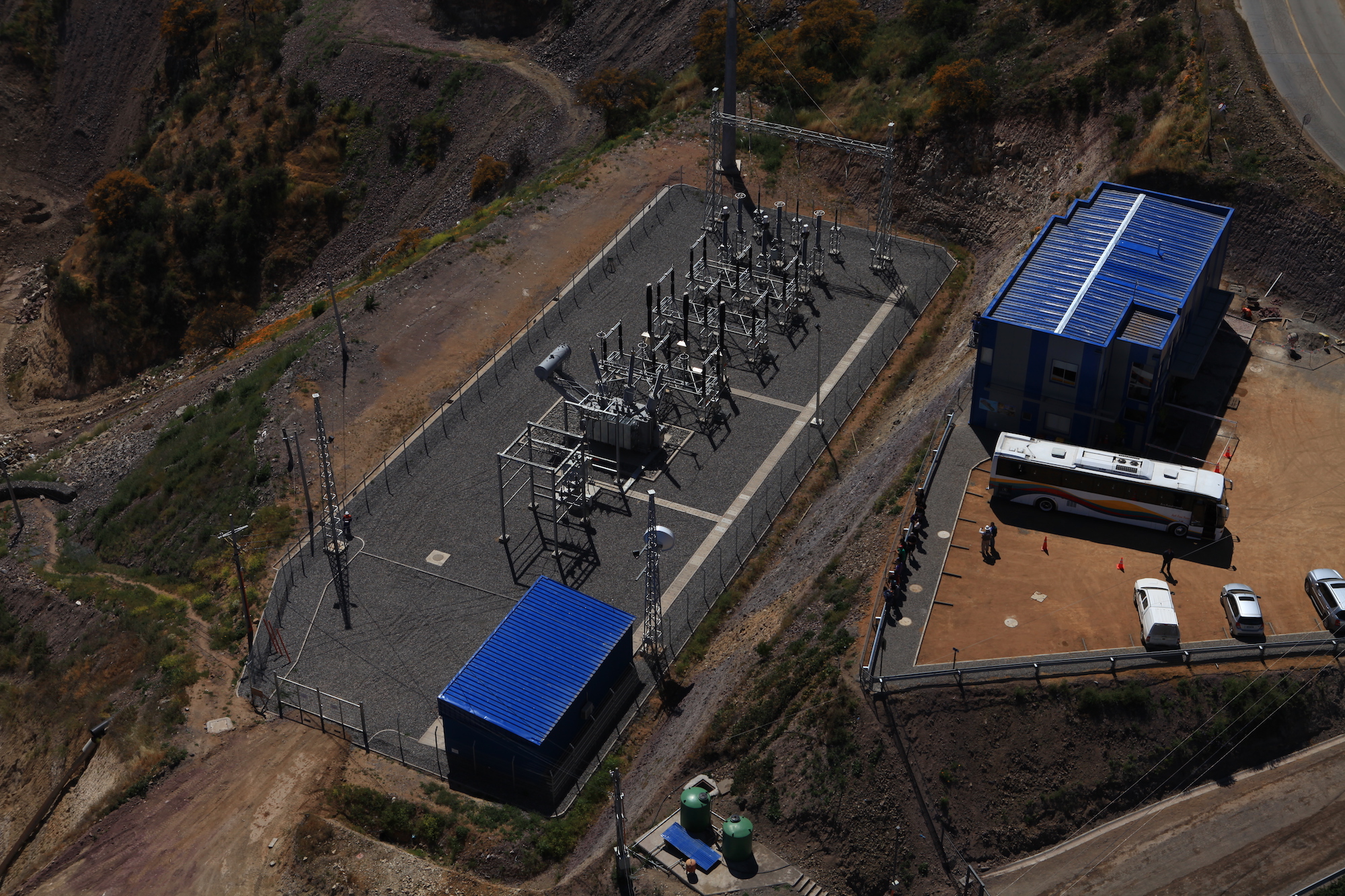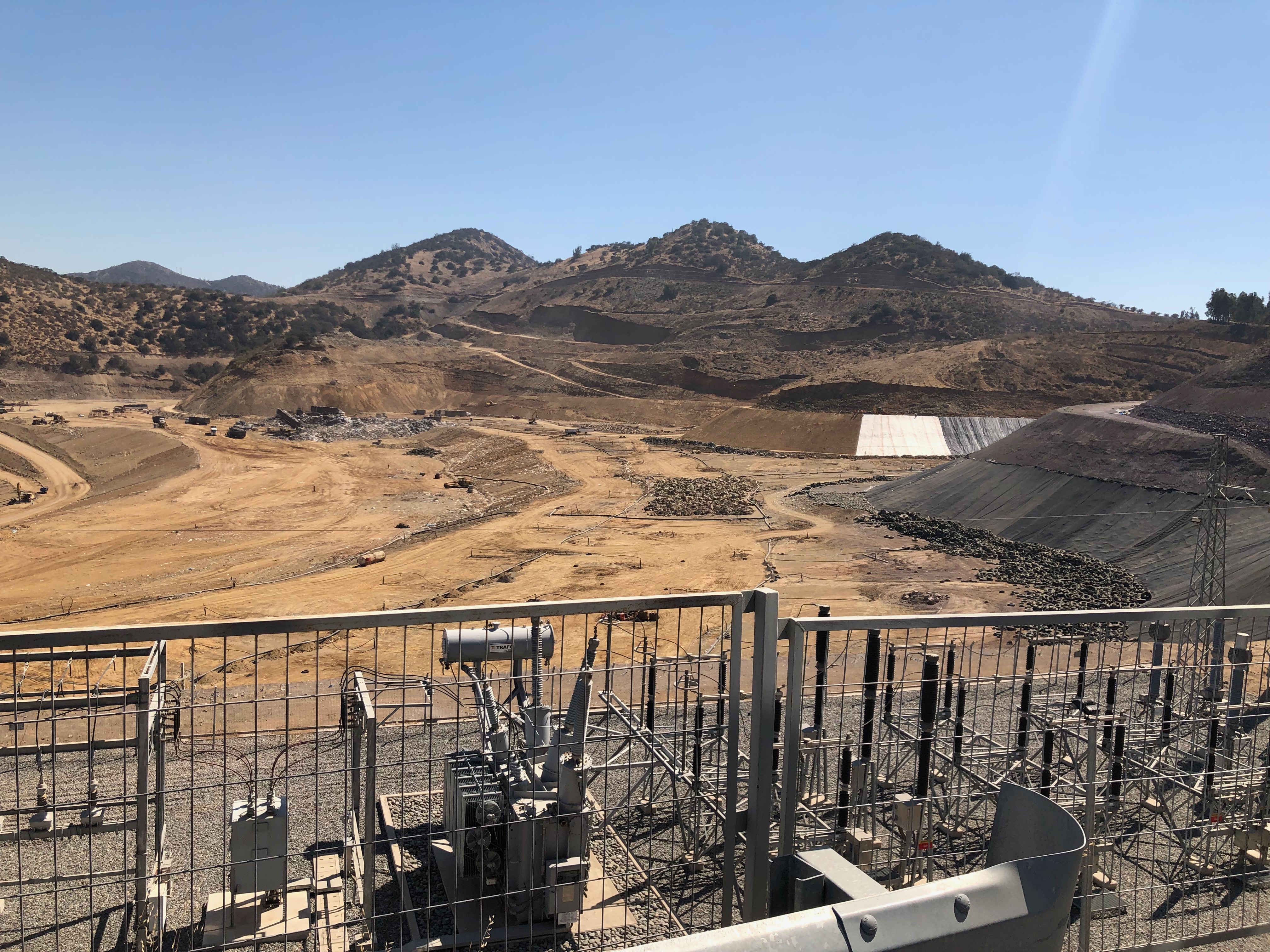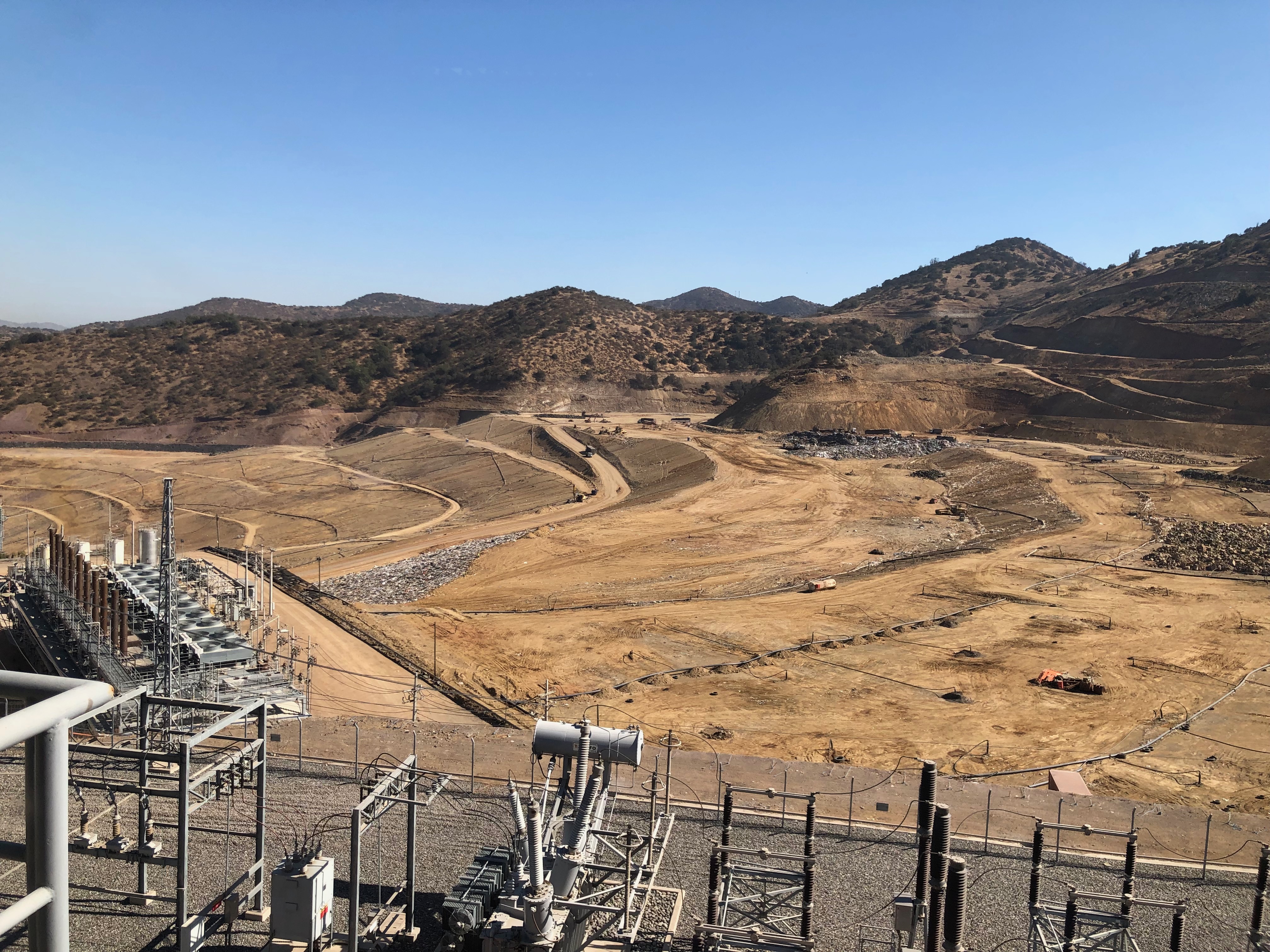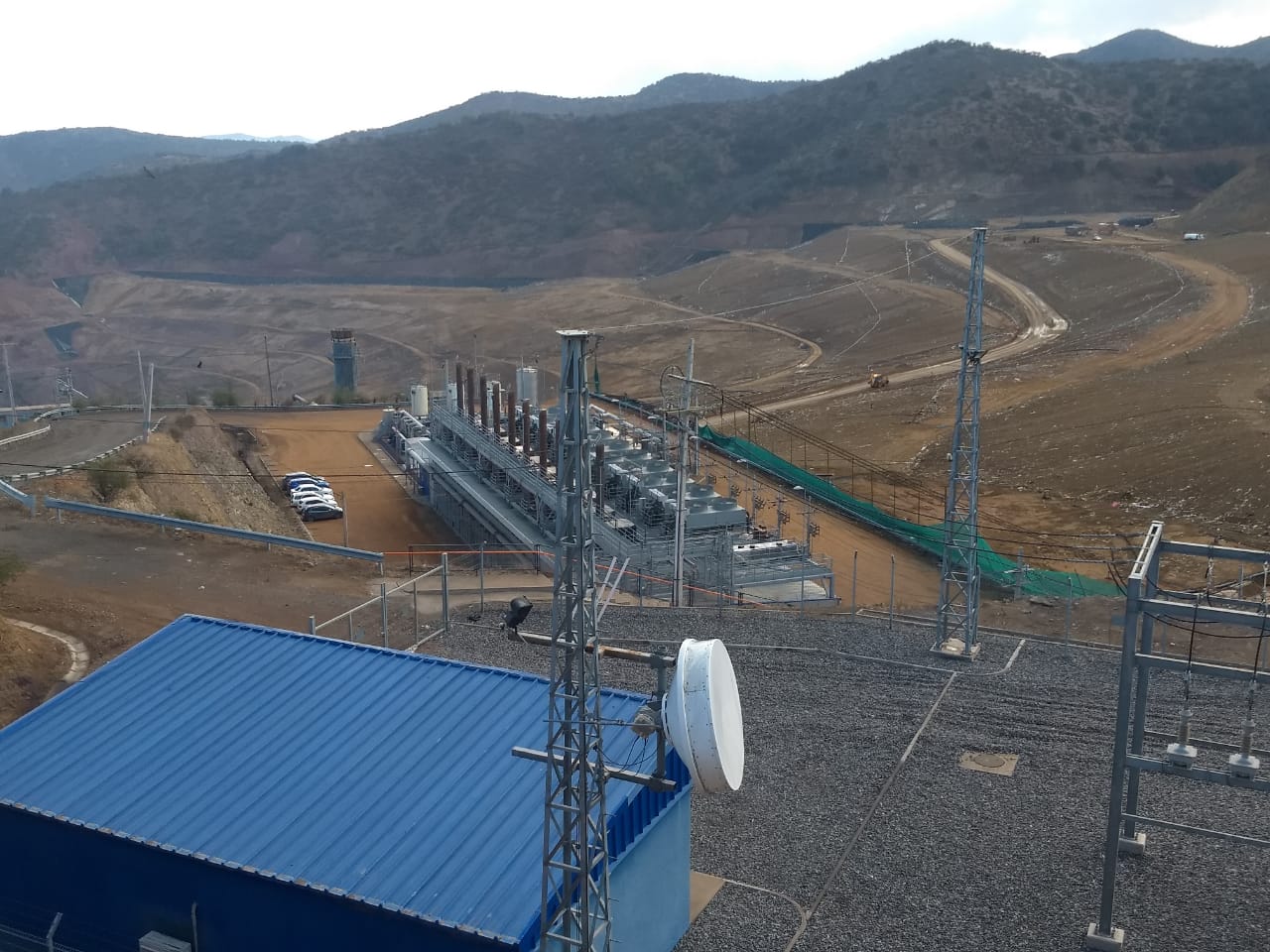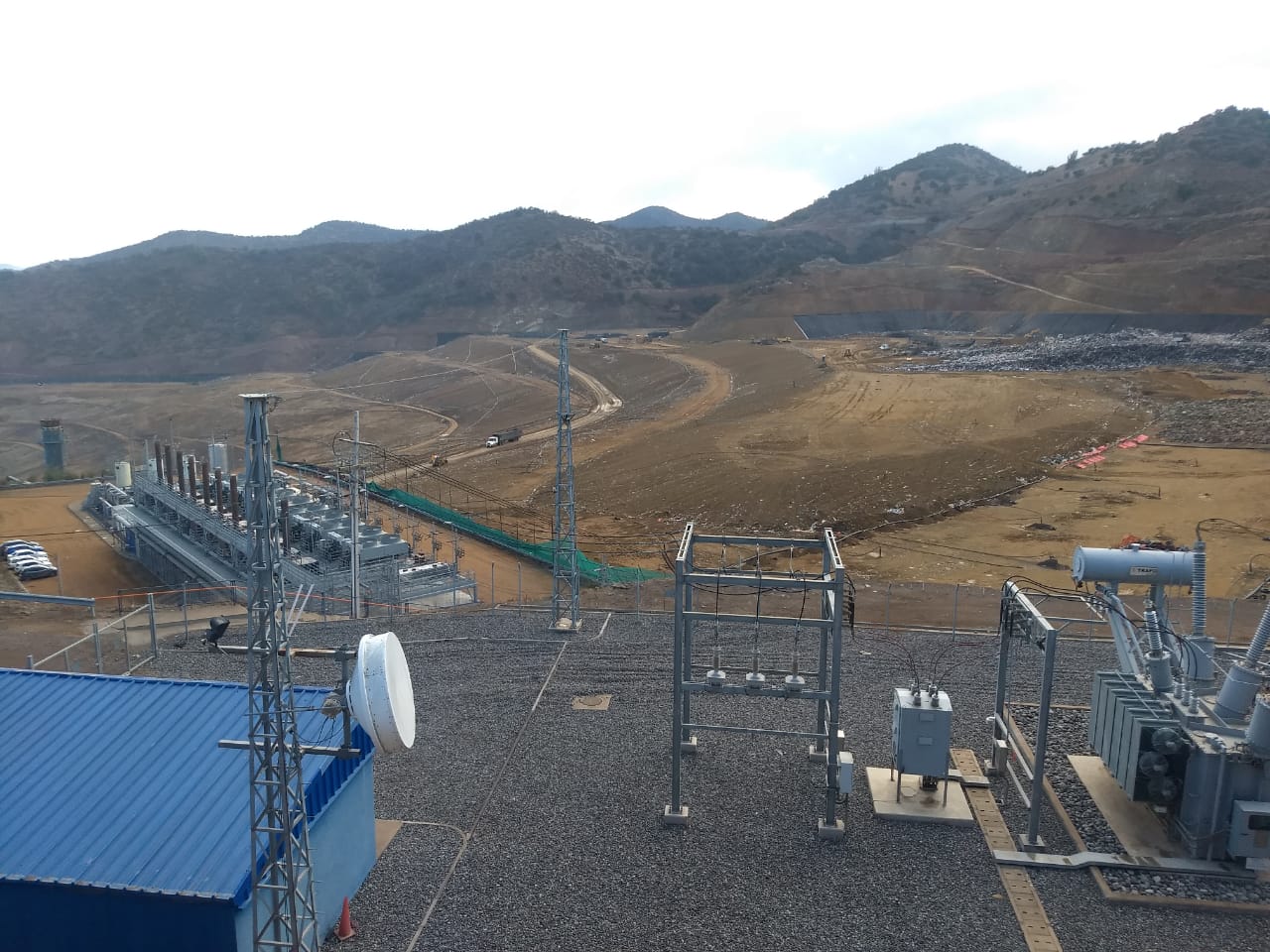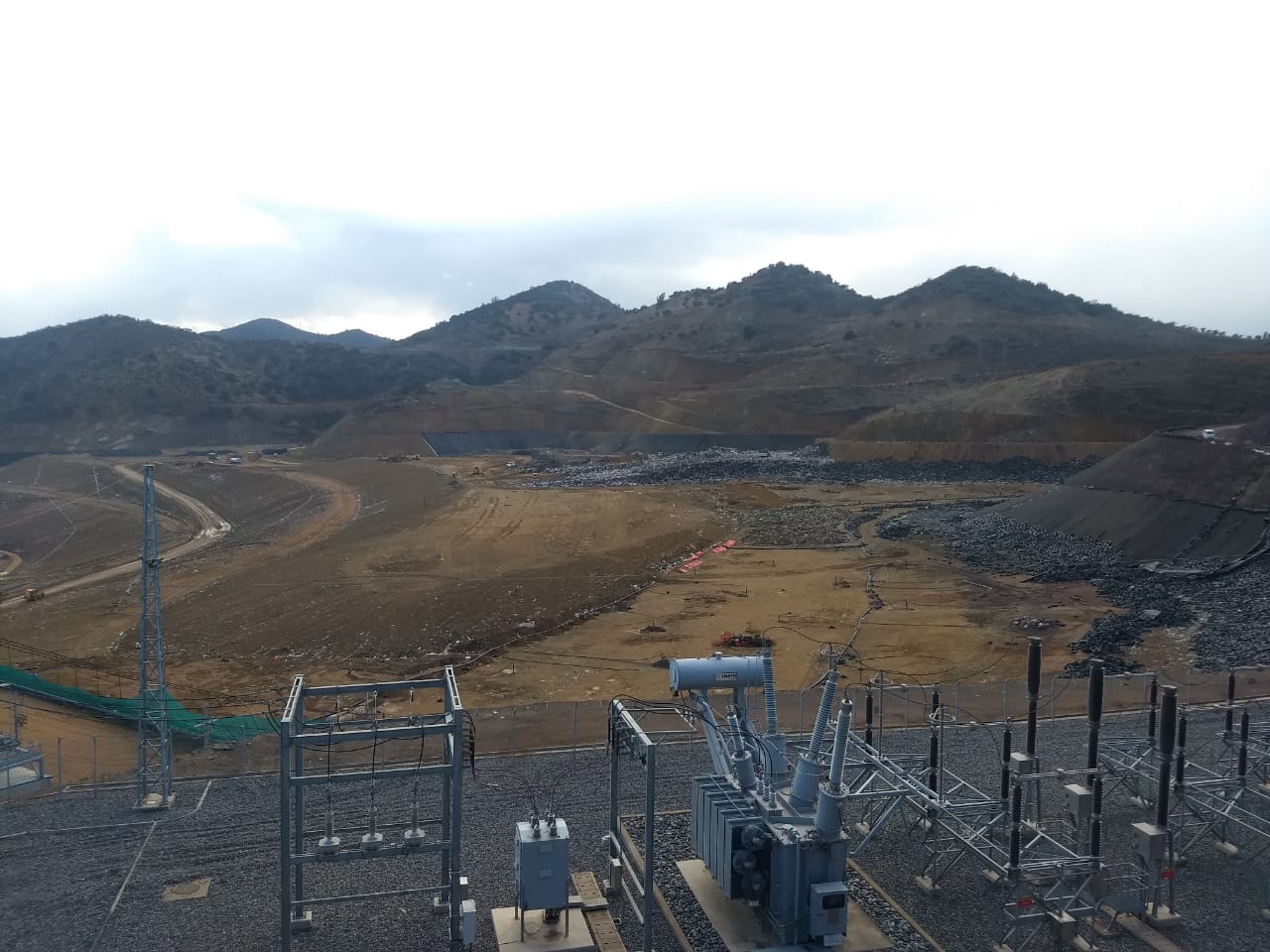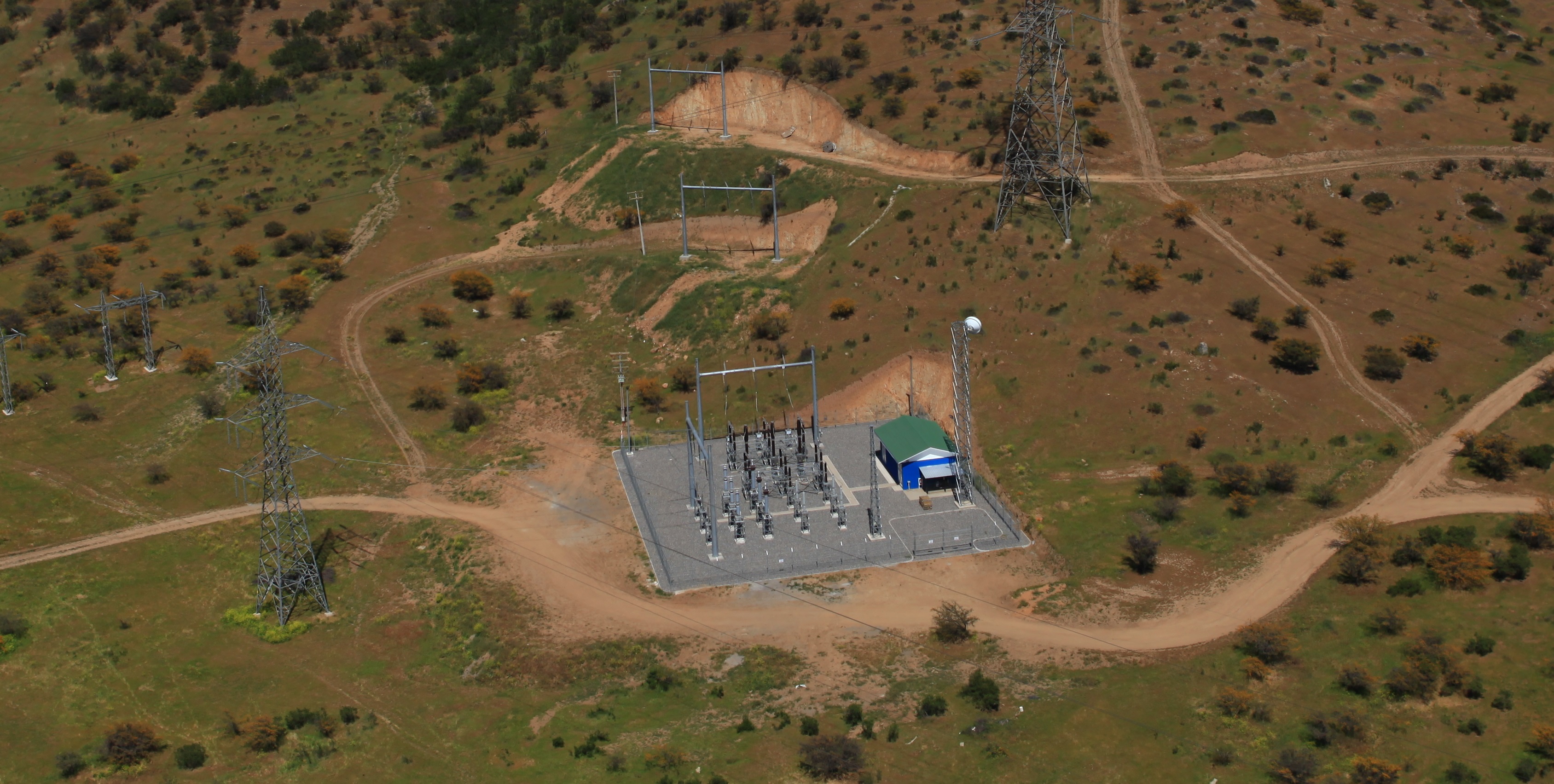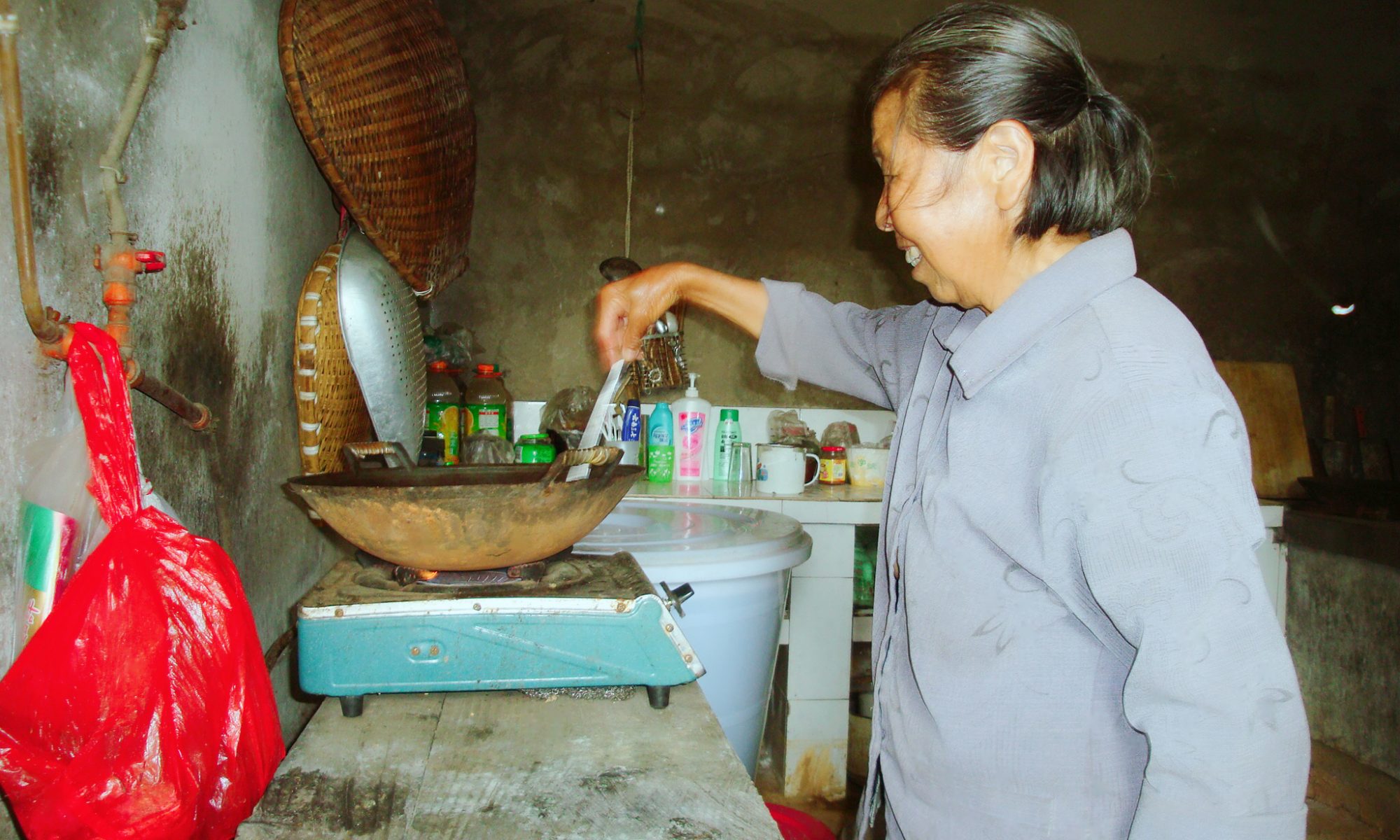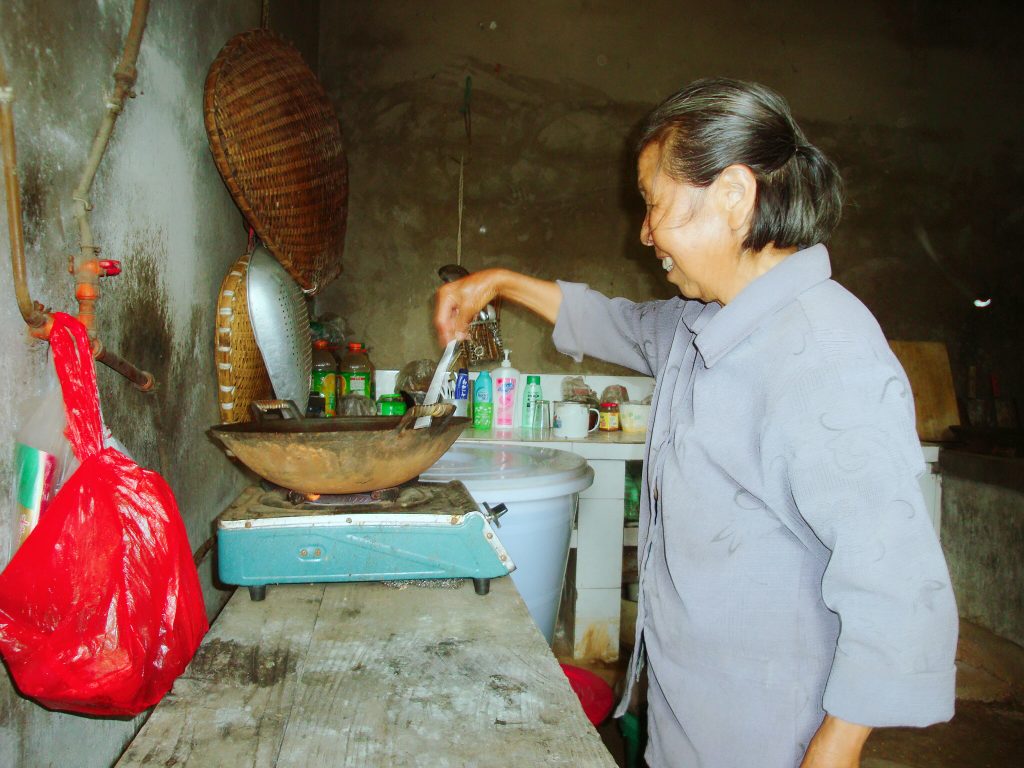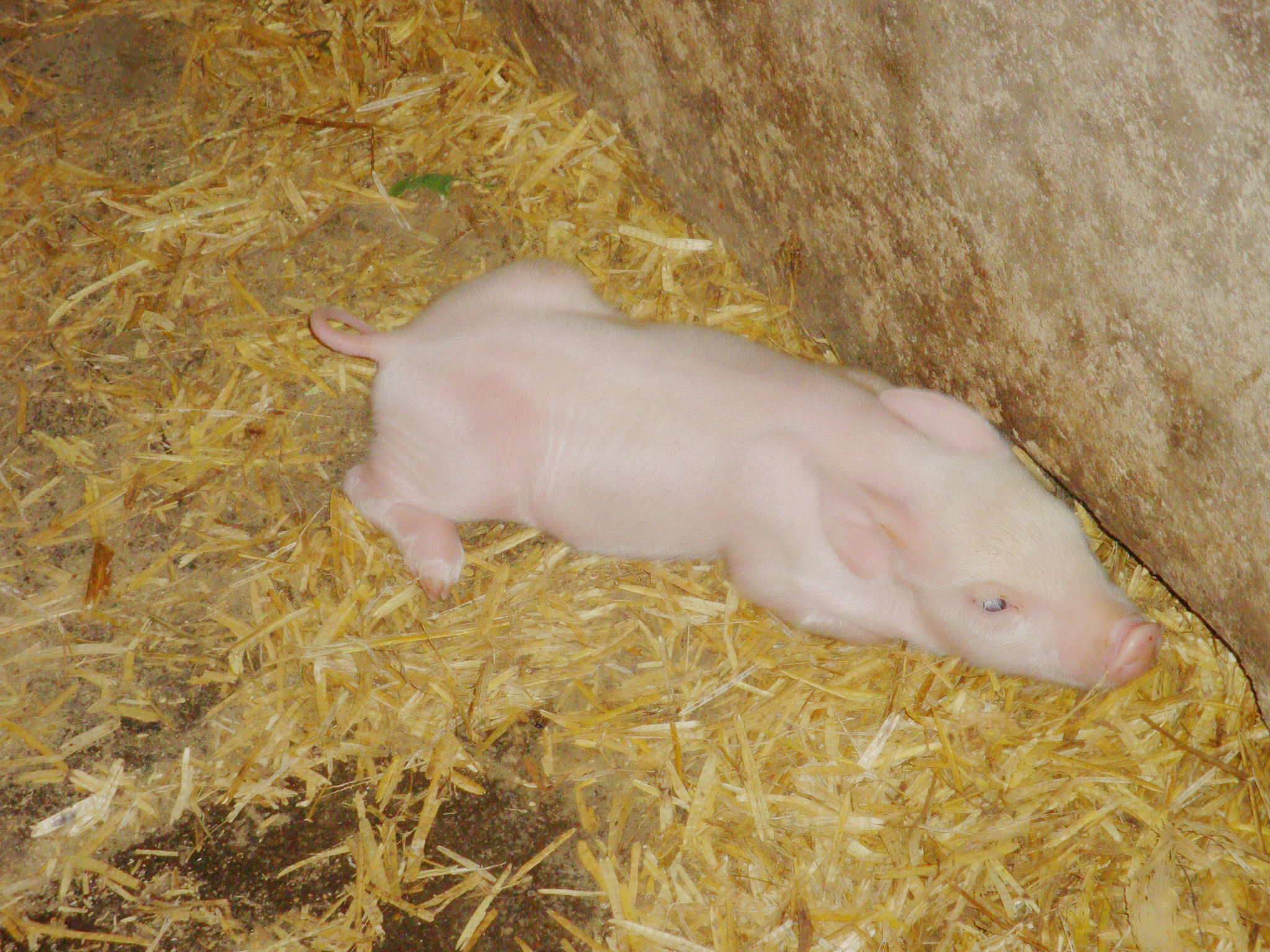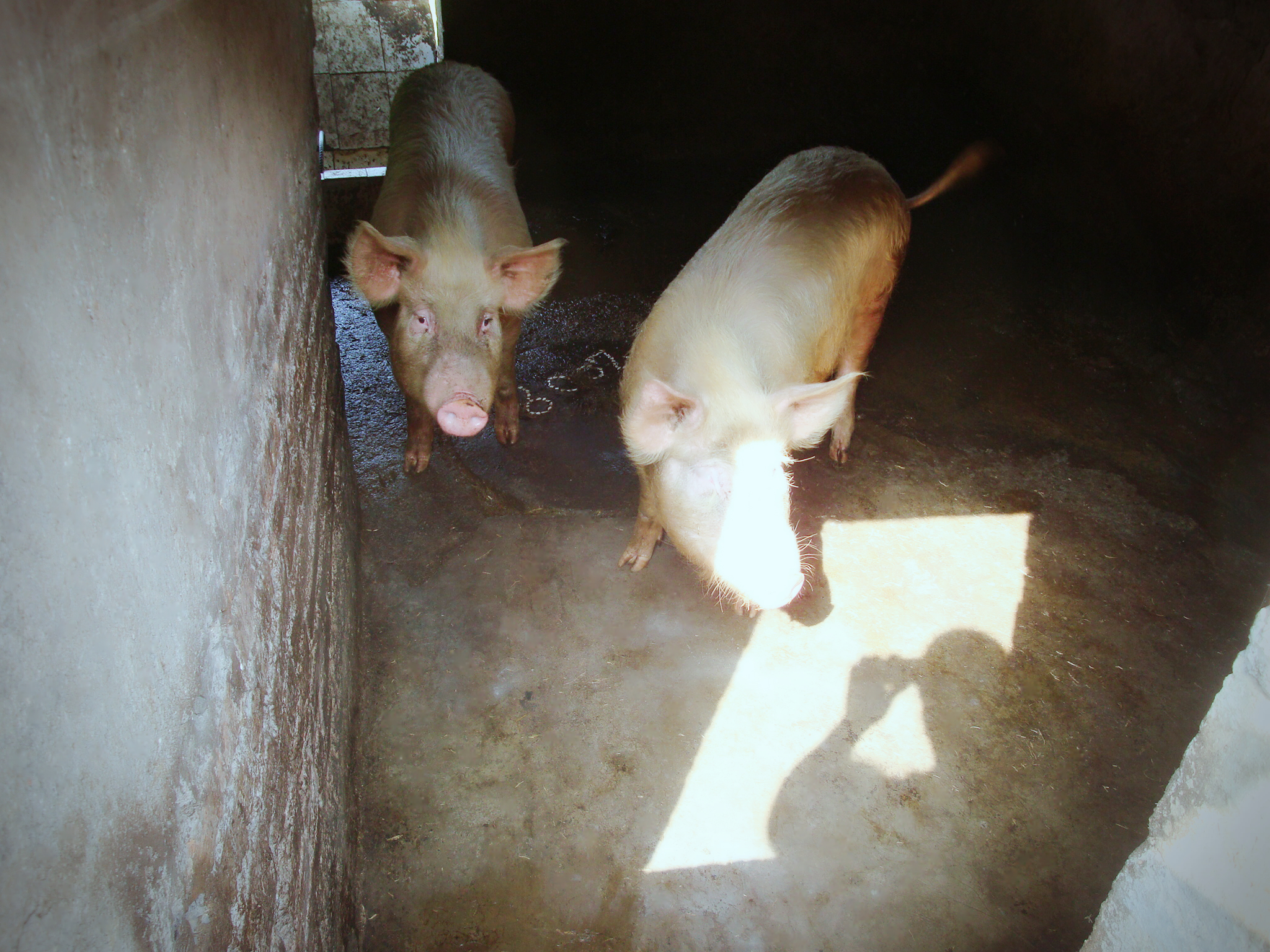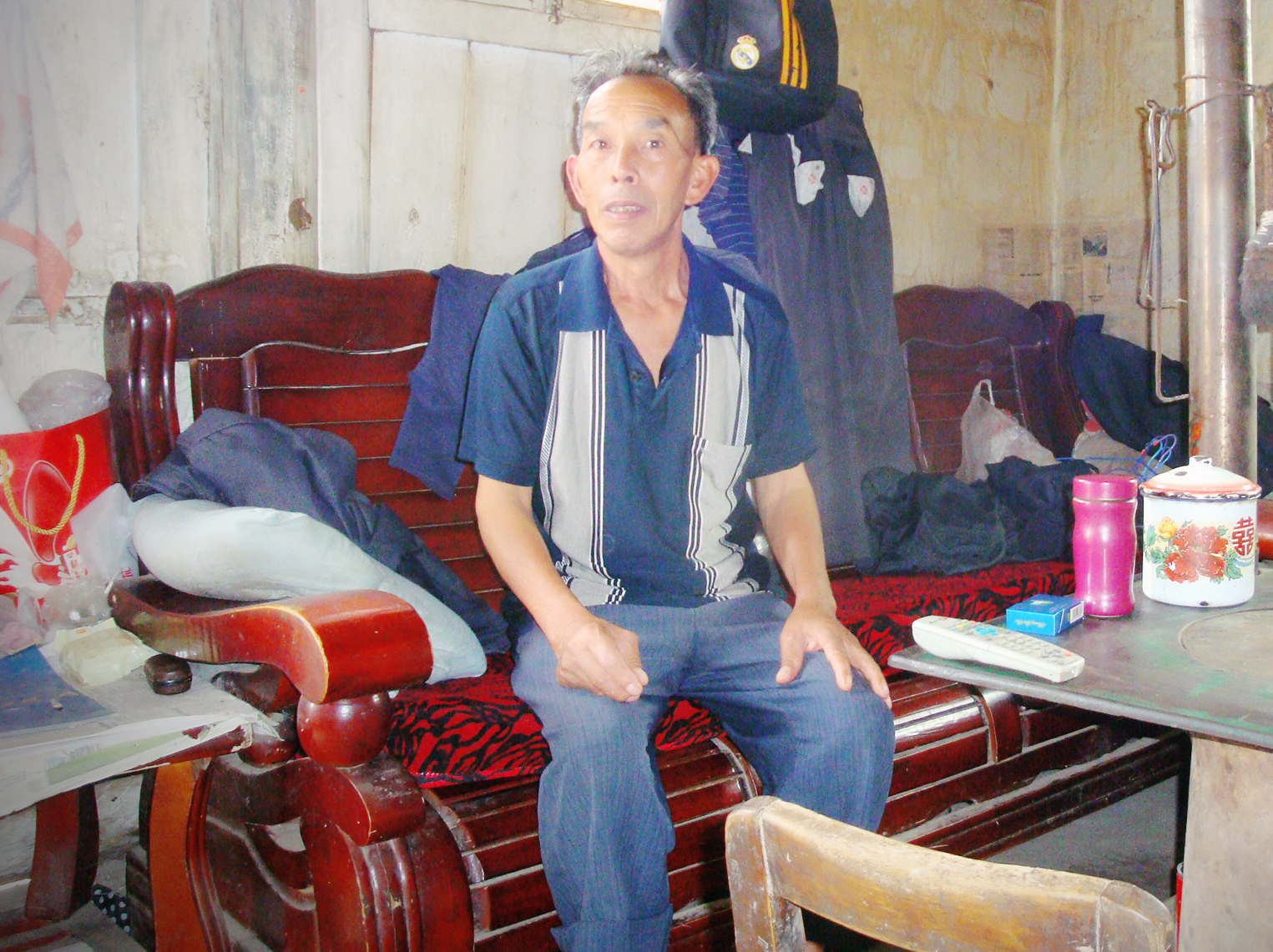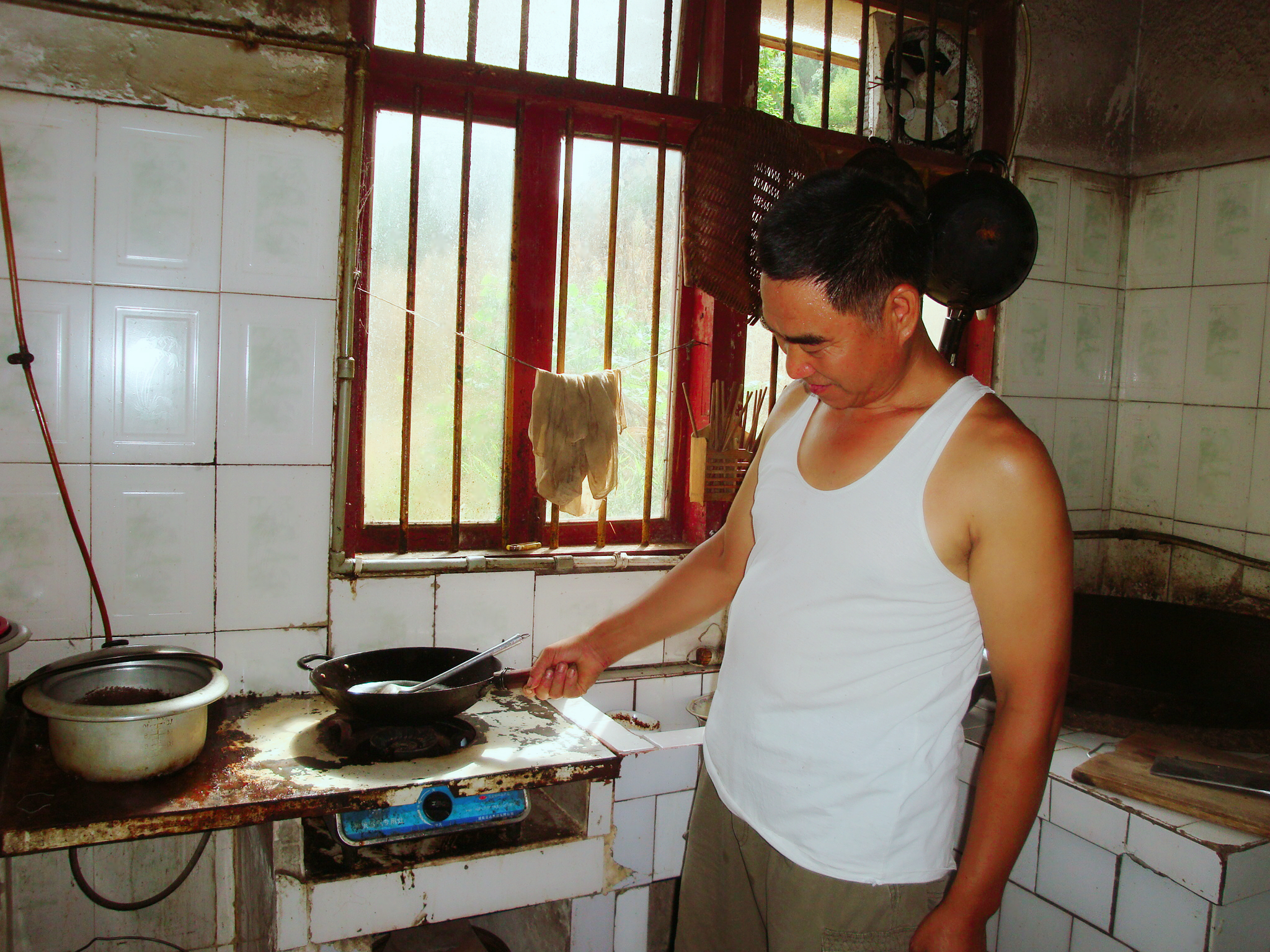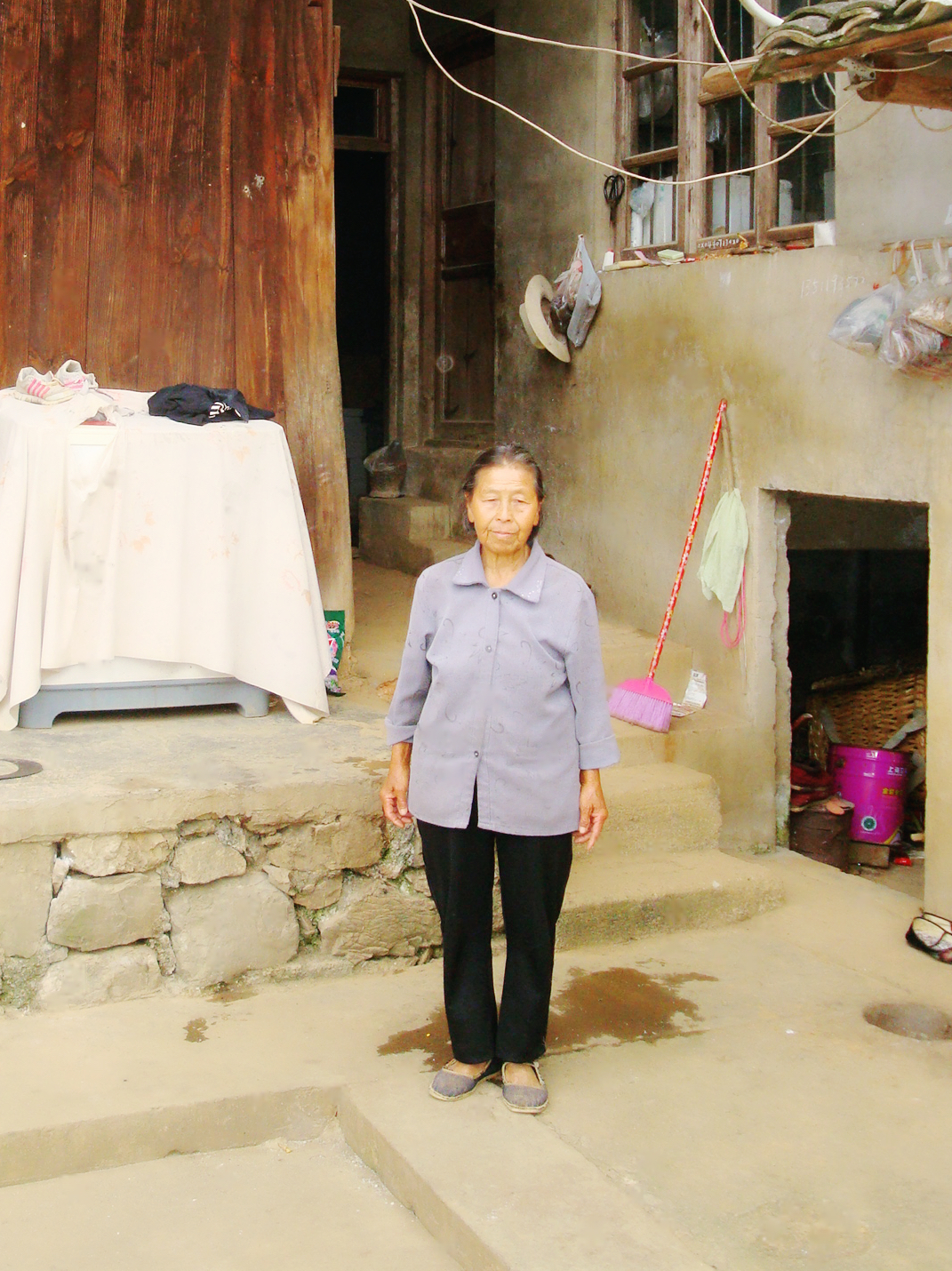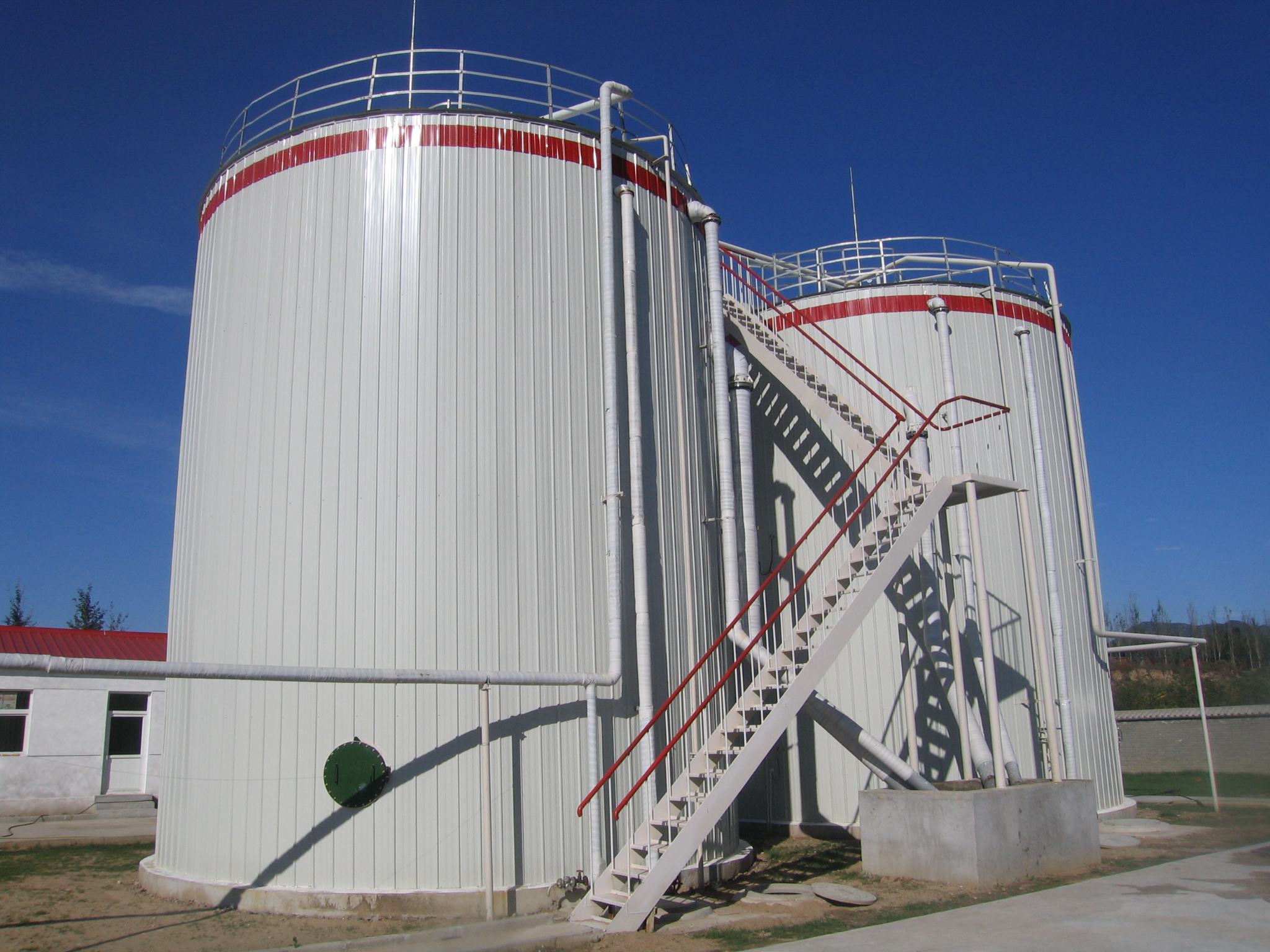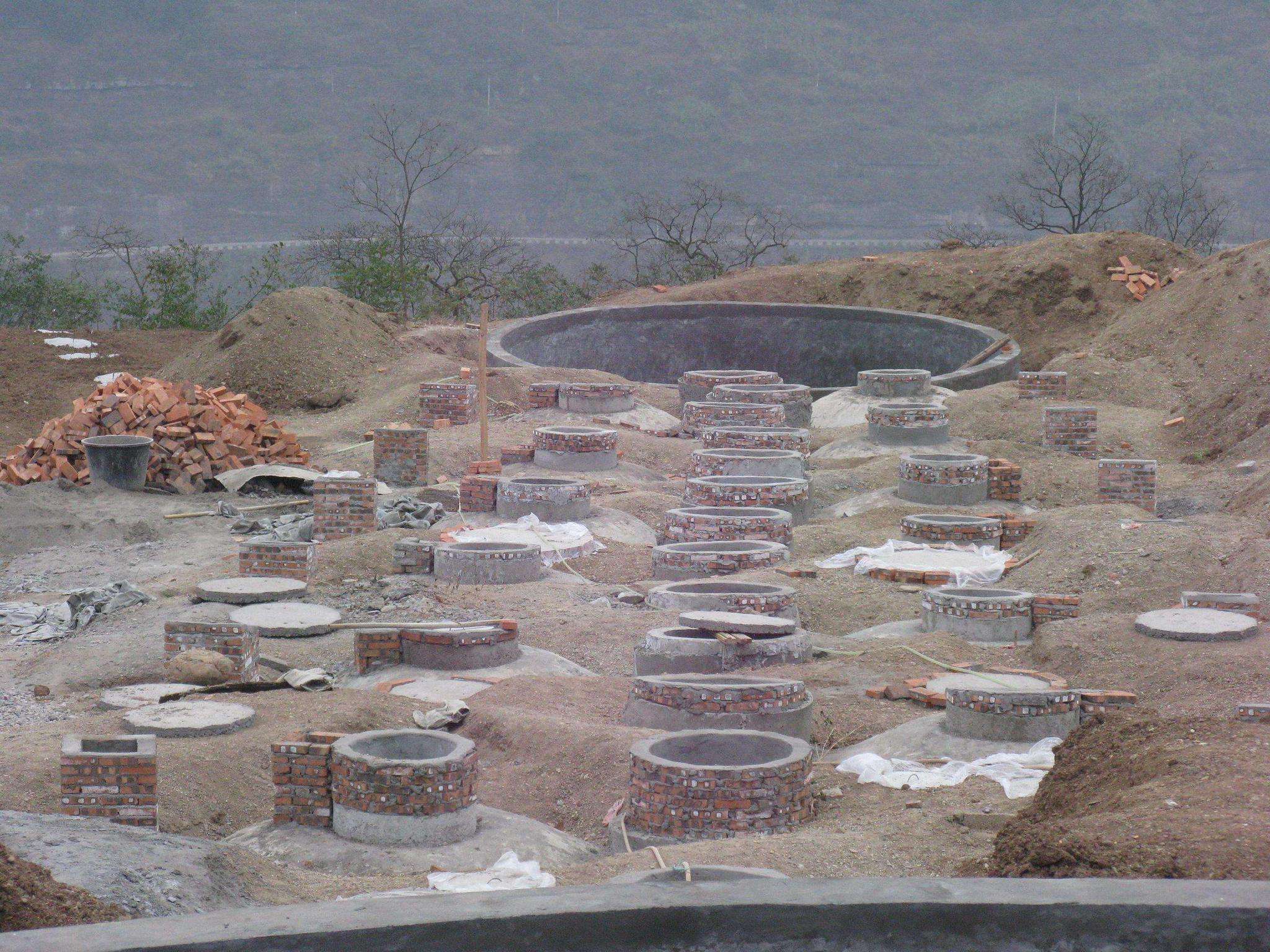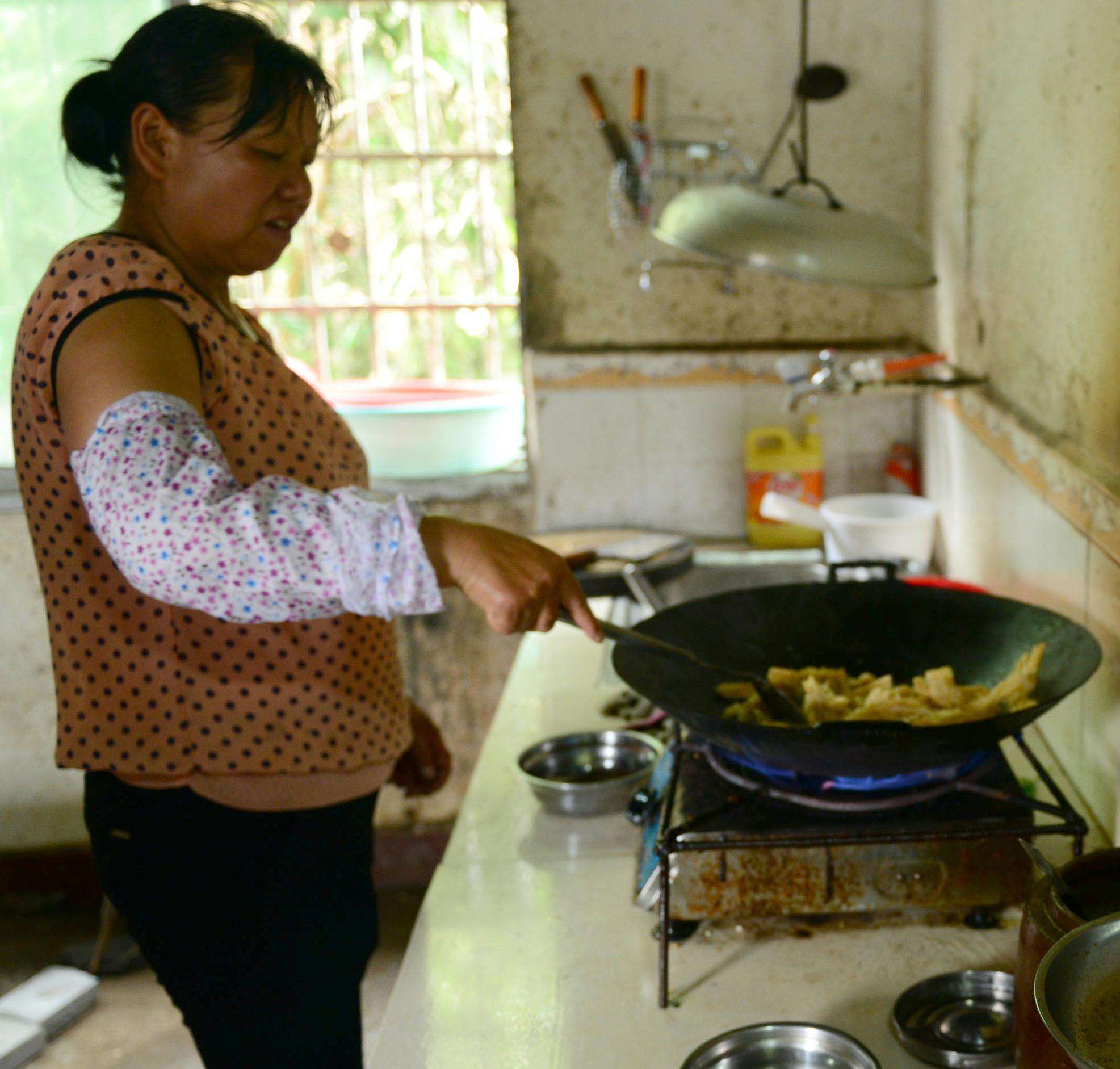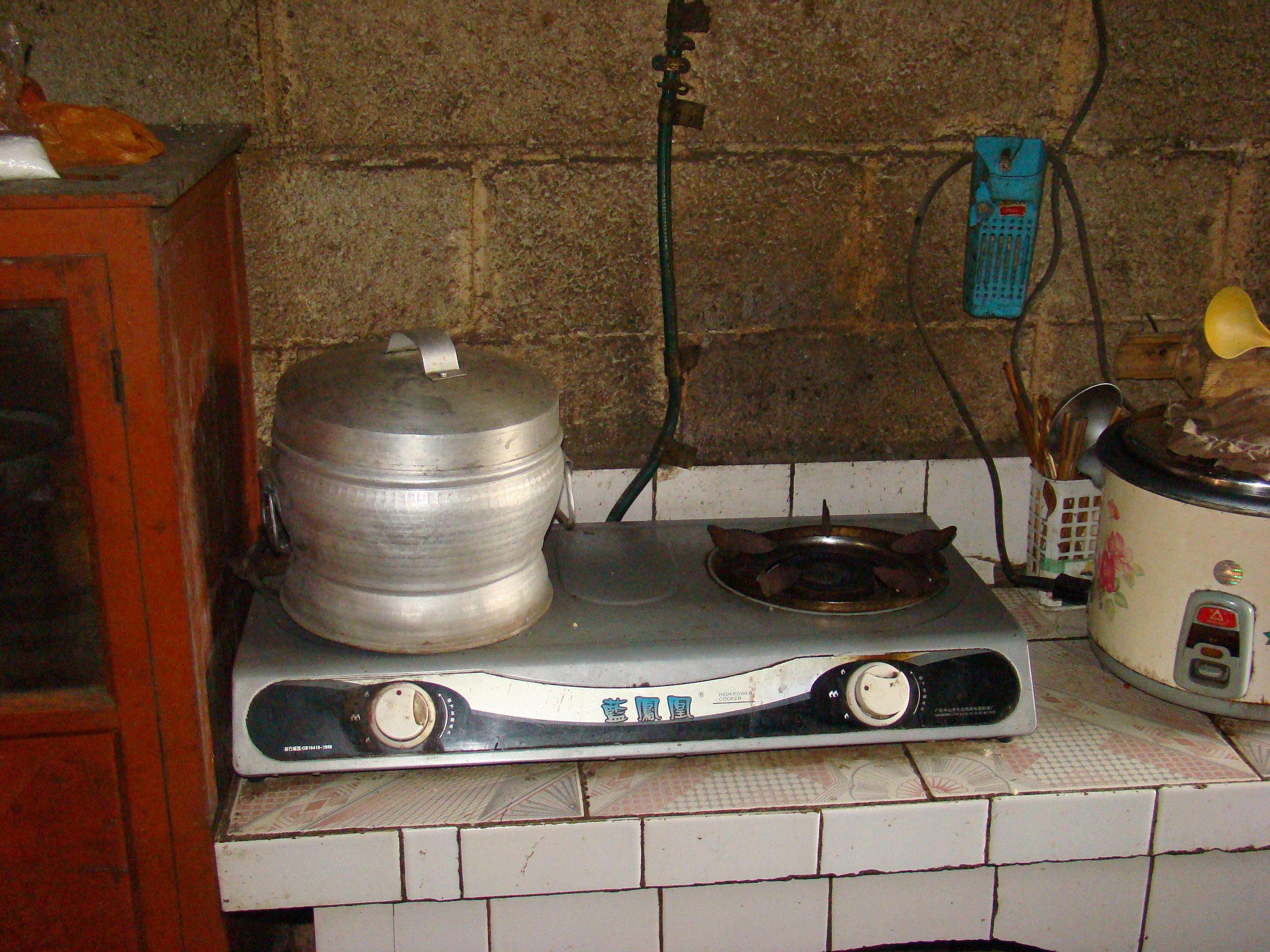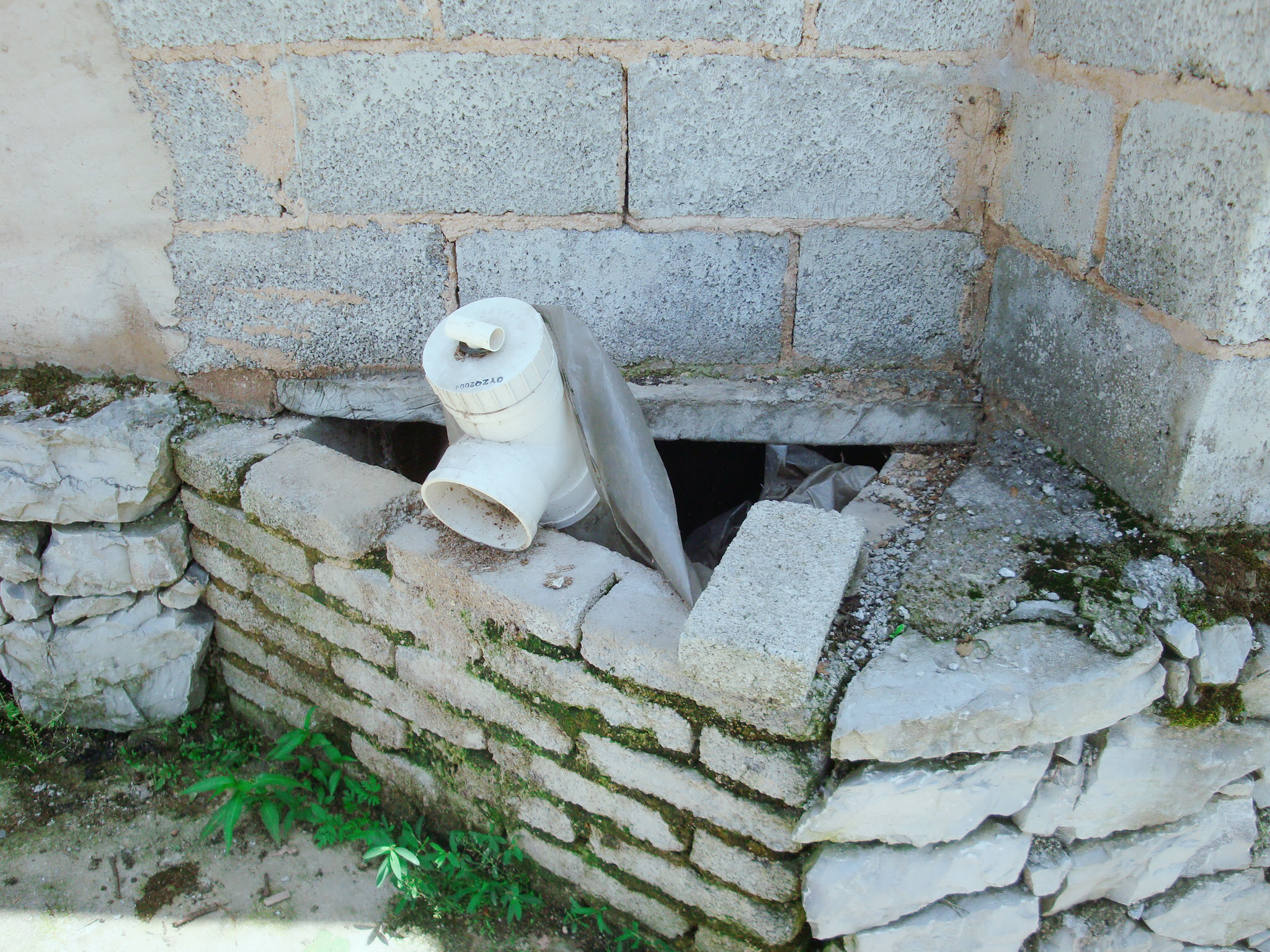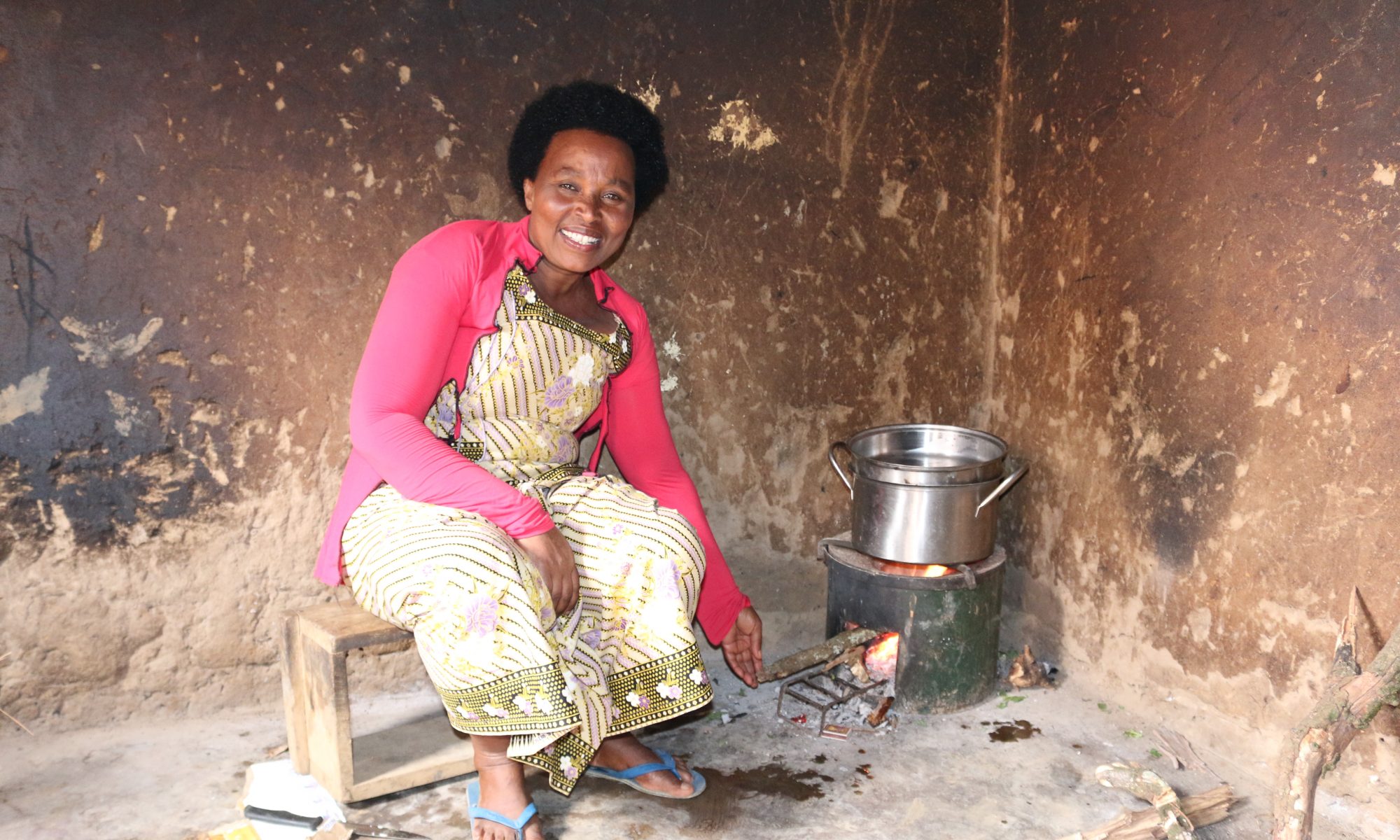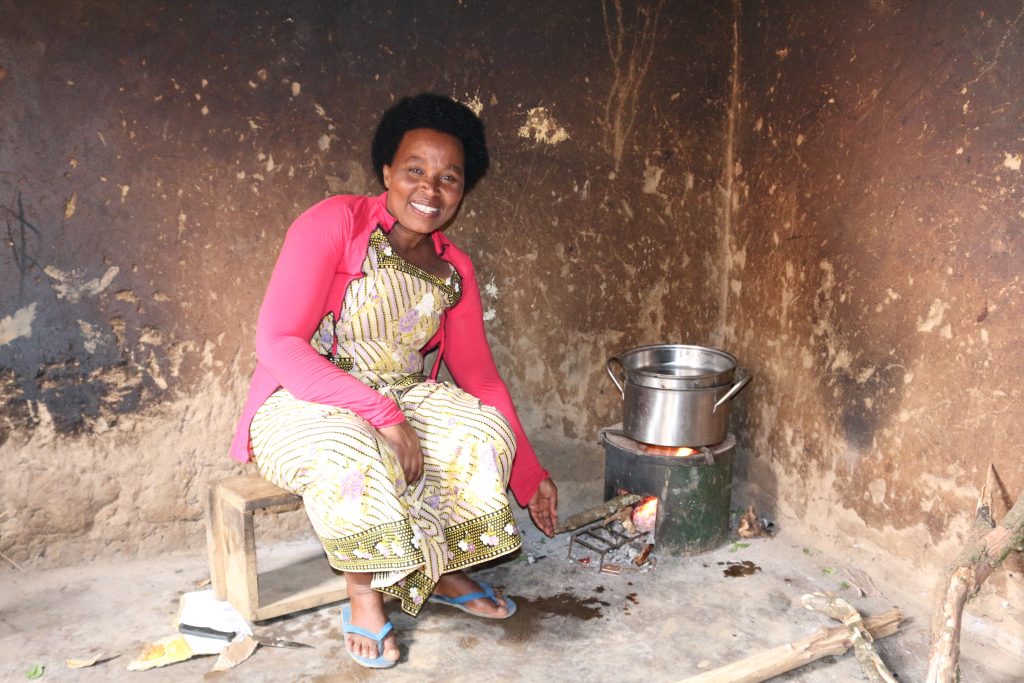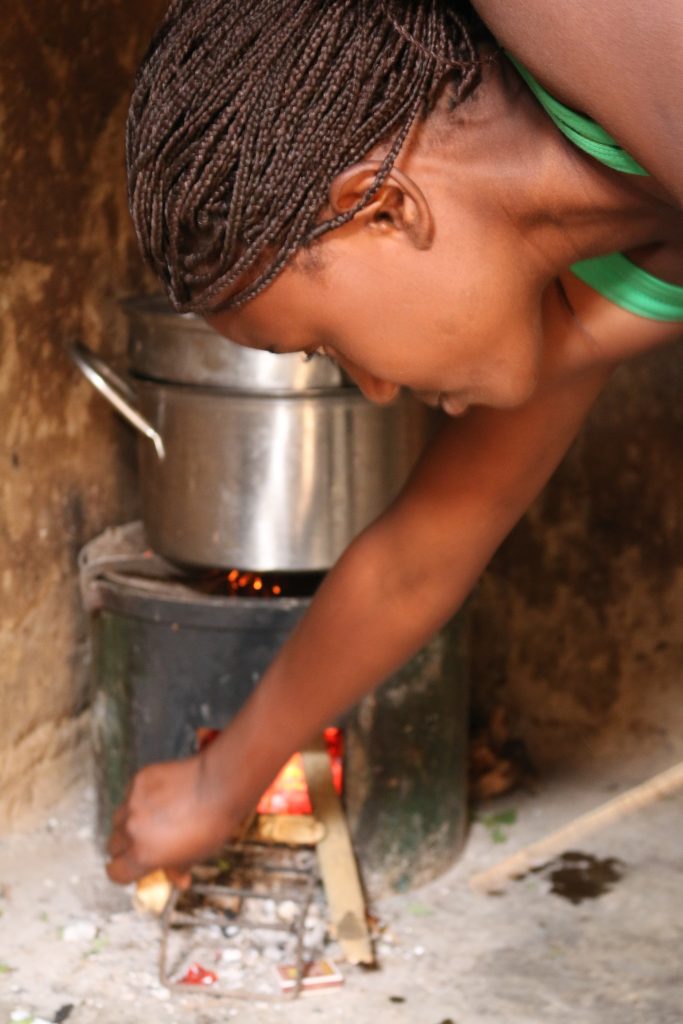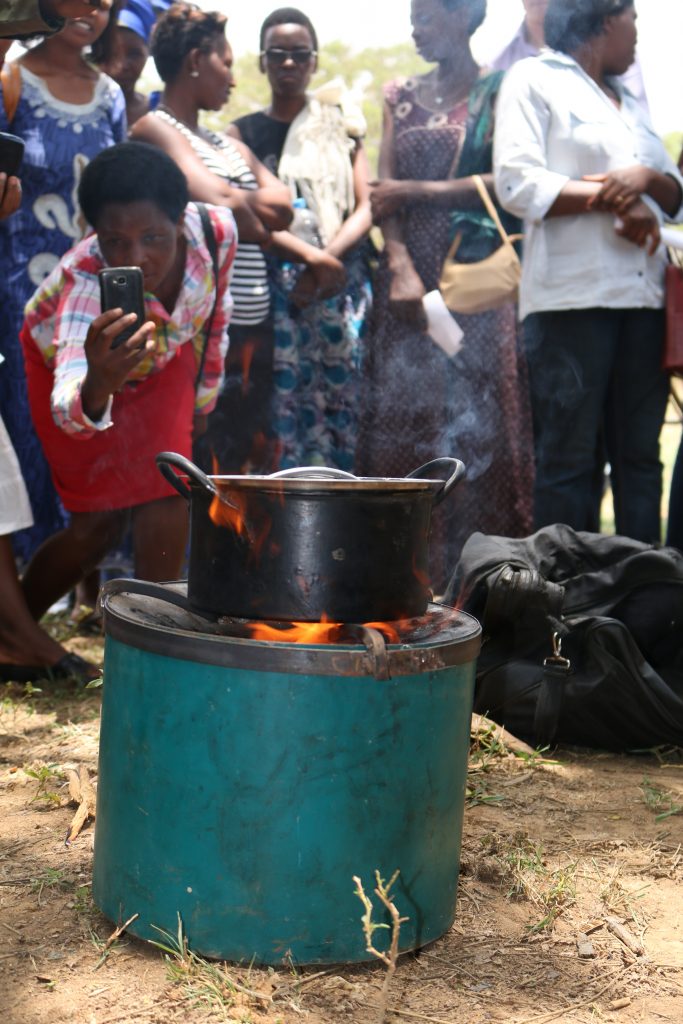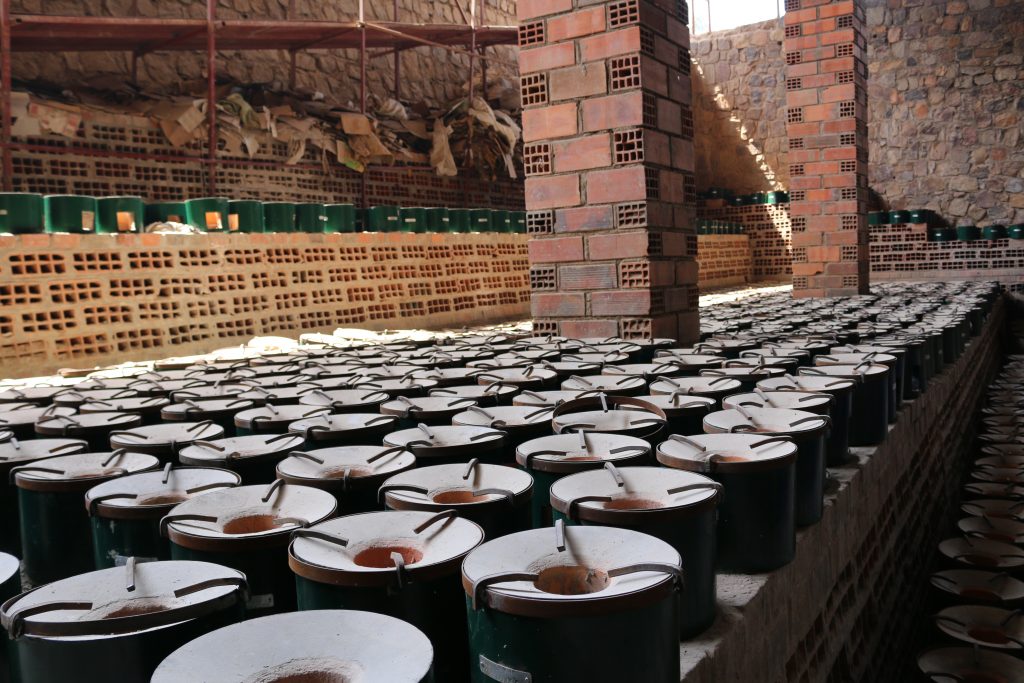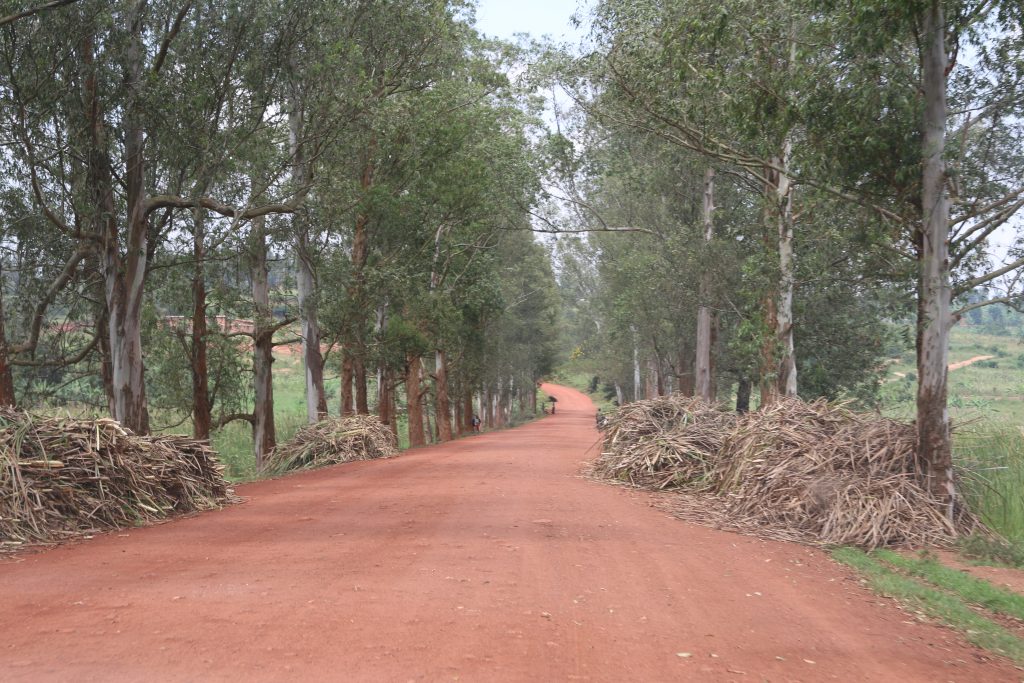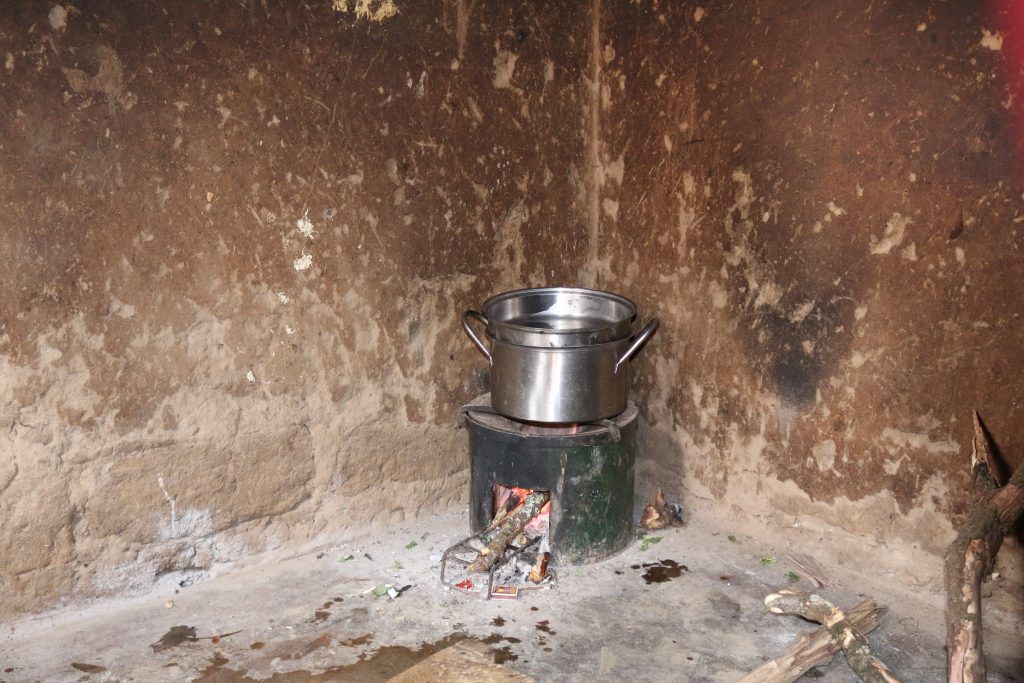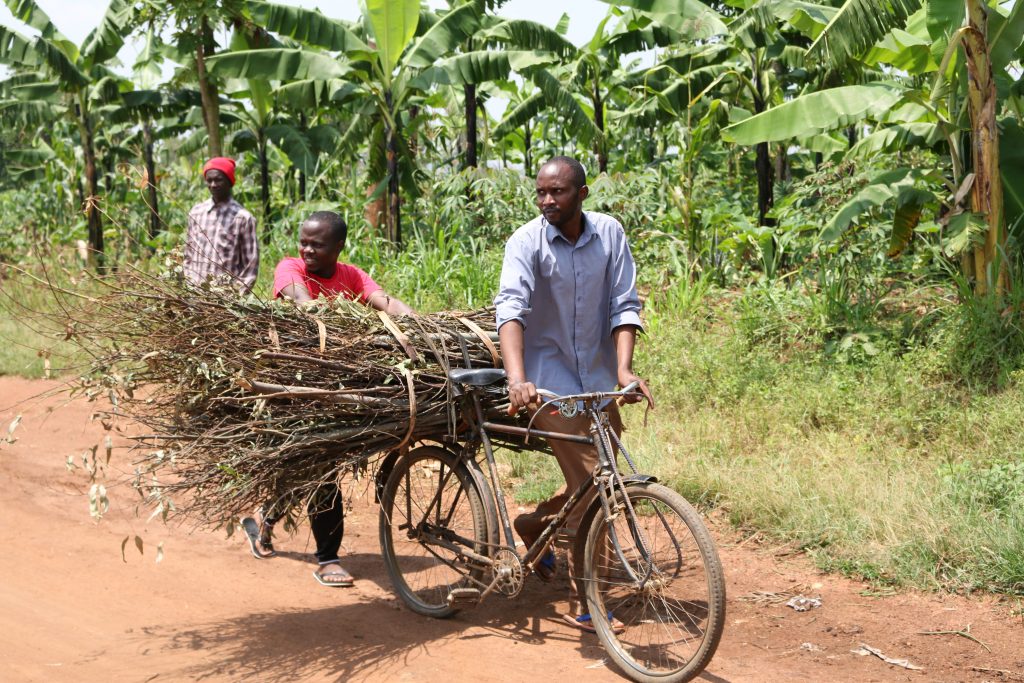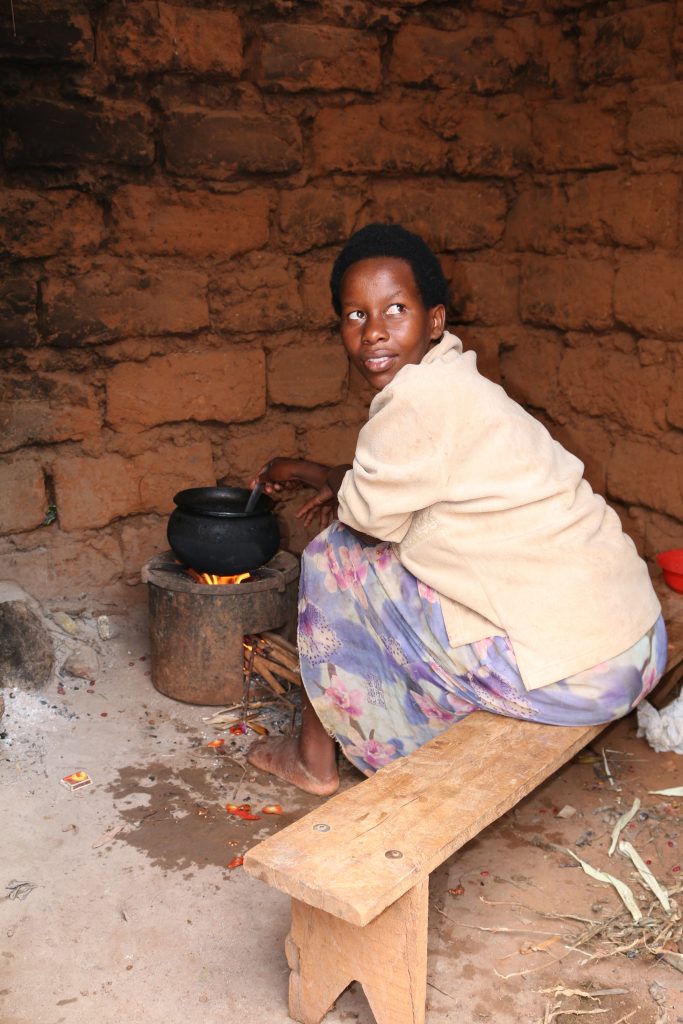We have now offset another 25,000 ton CO2eq in a Gold Standard certified project! Thank you all GoClimate members for taking part in this!
The climate benefits of this 70 MW Bhadla Solar Power Plant
We decided it was time for another solar energy project, in Rajasthan, the northwestern part of India. The main purpose of this project is to produce clean electricity through photovoltaic (PV) solar panels. This is a large scale solar project. It has an installed capacity of 70 MW, generating 122,108 MWh per year.
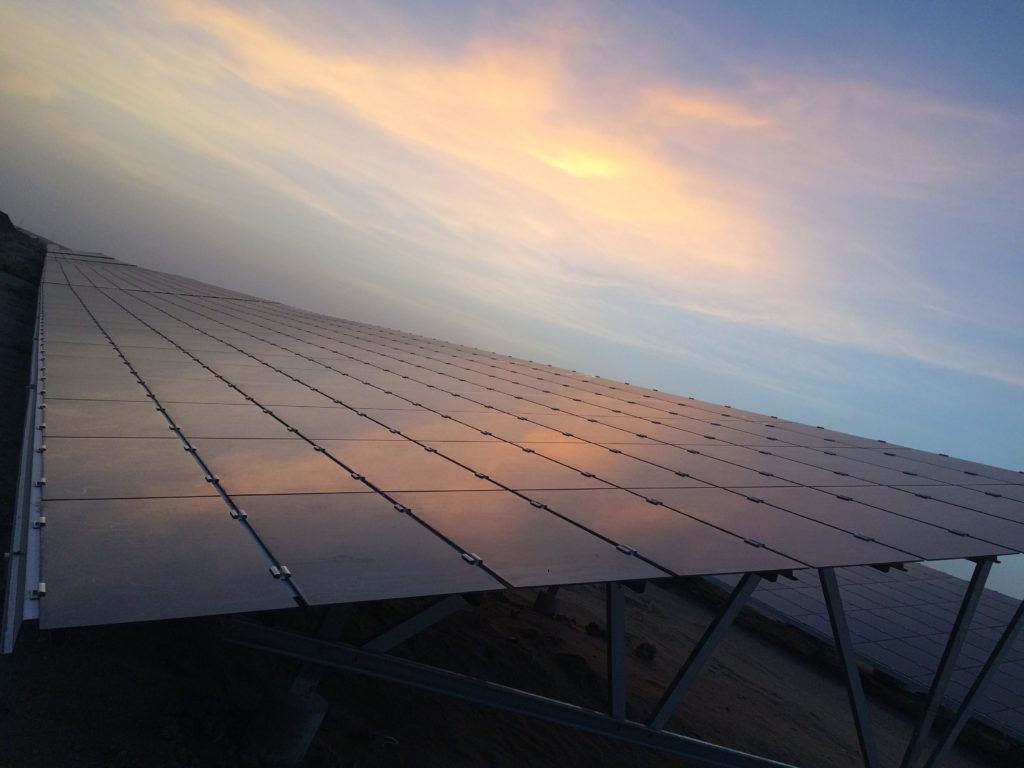
To give you an idea of how much electricity that is – an average American home uses about 7,200 kWh per year. This project could support 16,960 American homes yearly. But as an average Indian household uses only about 1000 kWh, this equals the annual electricity consumption of 122,108 homes! Add to that that there are almost twice as many people per household in India compared to the US (2,6 compared to 4,9). This amount of electricity supplies a population of 44,096 Americans or 598,329 Indians!
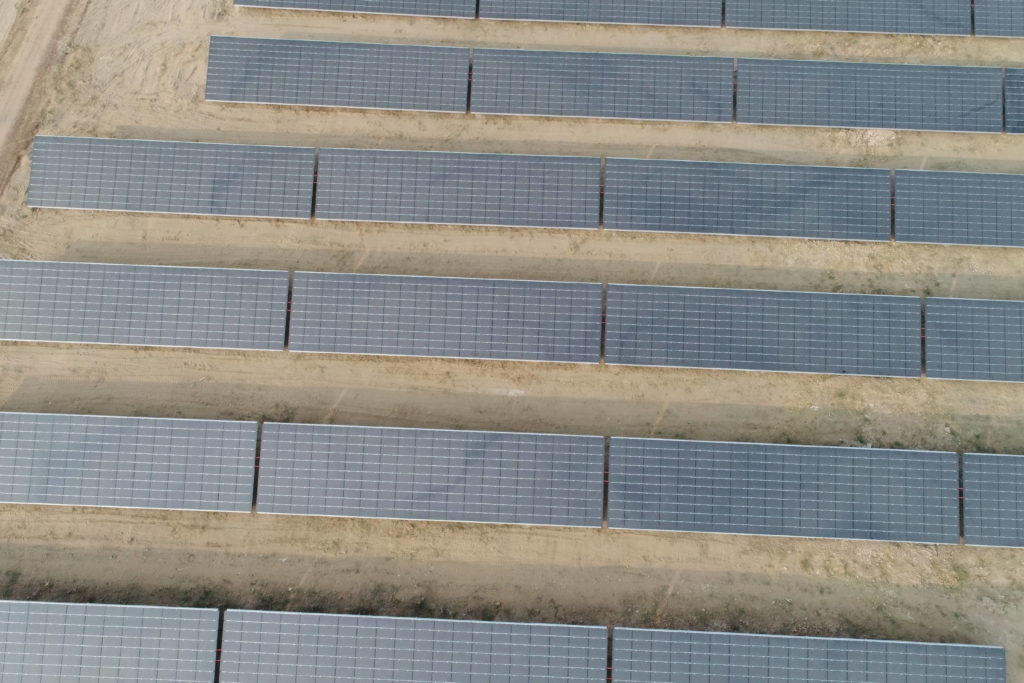
In supplying all of this clean energy, the people in this region don’t have to use fossil fuels such as coal or oil to generate electricity anymore. This is still very common in India. Coal is still the most used source of energy. About 9 percent of the energy comes from renewable sources. The share has grown exponentially, from 3,72 percent in 2014-2015. We are so excited to be a part of this positive trend! Thanks to these large investments, we help push down the prices of this clean technology, making it more affordable all over the world.
The benefits for the local community
Improved school attendance
This project has made significant contributions to strengthen the local community on their way to meet the sustainable development goals. In summer, when temperatures rise to 40 degrees Celsius in the area, up to fifty percent of students would not attend school. This is due to the unreliable electricity supply not guaranteeing adequate indoor temperatures. Now, the school attendance is almost 100 percent in summer. Moreover, the company running the project has supported the construction of improved toilets, a classroom, and a digital corner with computers and a projector. The local youth thus have better learning opportunities, and adults have also been supported with literacy sessions.
Supporting women’s developement
A Self-Help Group for women has been founded, where the women learn new skills, primarily related to tailoring and sewing. The women are also given literacy training, which they describe as a big change in their lives.
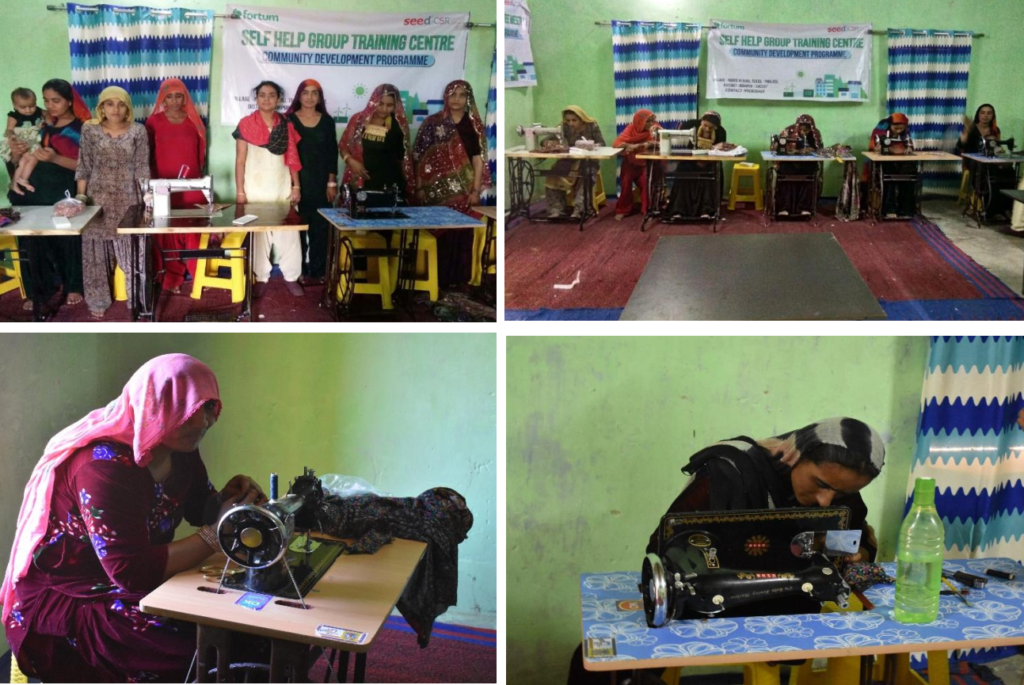
New clean water facilities
The company in charge of the project has also installed a water ATM in the village, and supplied the local police station with access to clean drinking water. Again, as the temperatures get very high in the summer, this makes a big difference to the locals.
These are only a few examples of the many small initiatives through which the project participant support the local community.
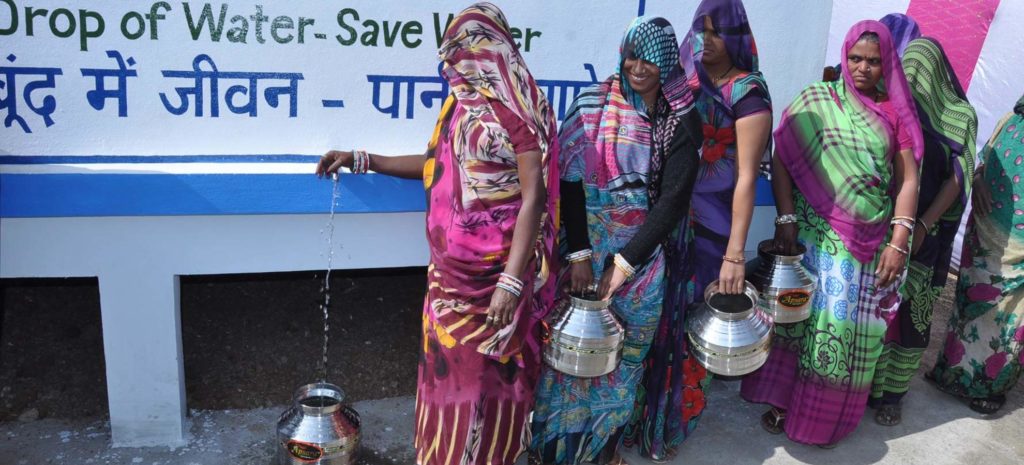
The importance of local participation
When a project of this scale comes into a small village, it is fundamental that they develop a good relationship with the local people. There has to be mutual trust and respect for the project to run smoothly, which entails that the project listens to the needs of the locals. That is how they can ensure that they provide what the locals actually want for themselves, and makes sure they feel ownership over their development. Therefore, we are so happy to support projects like this, because it recognizes and actively contributes to multiple aspects of sustainable growth.
Read more about the project in the Gold Standard Registry or in the CDM Registry
Want to contribute to this, and other similar projects? Calculate your carbon footprint and transition to a climate neutral life today!
